Mon, Sept 15, 7:00-8:30 pm, Globe Room, Cataldo
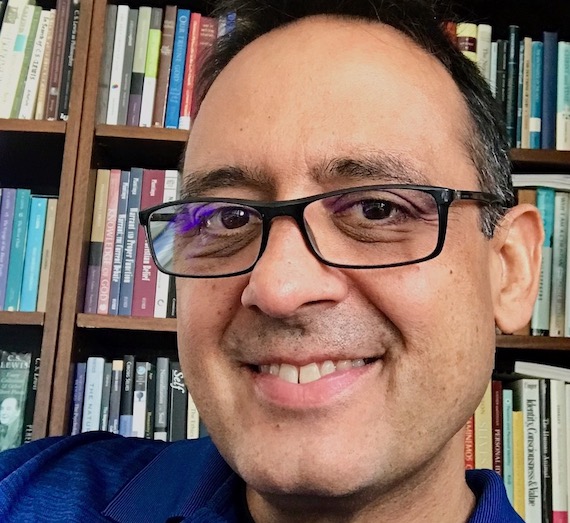
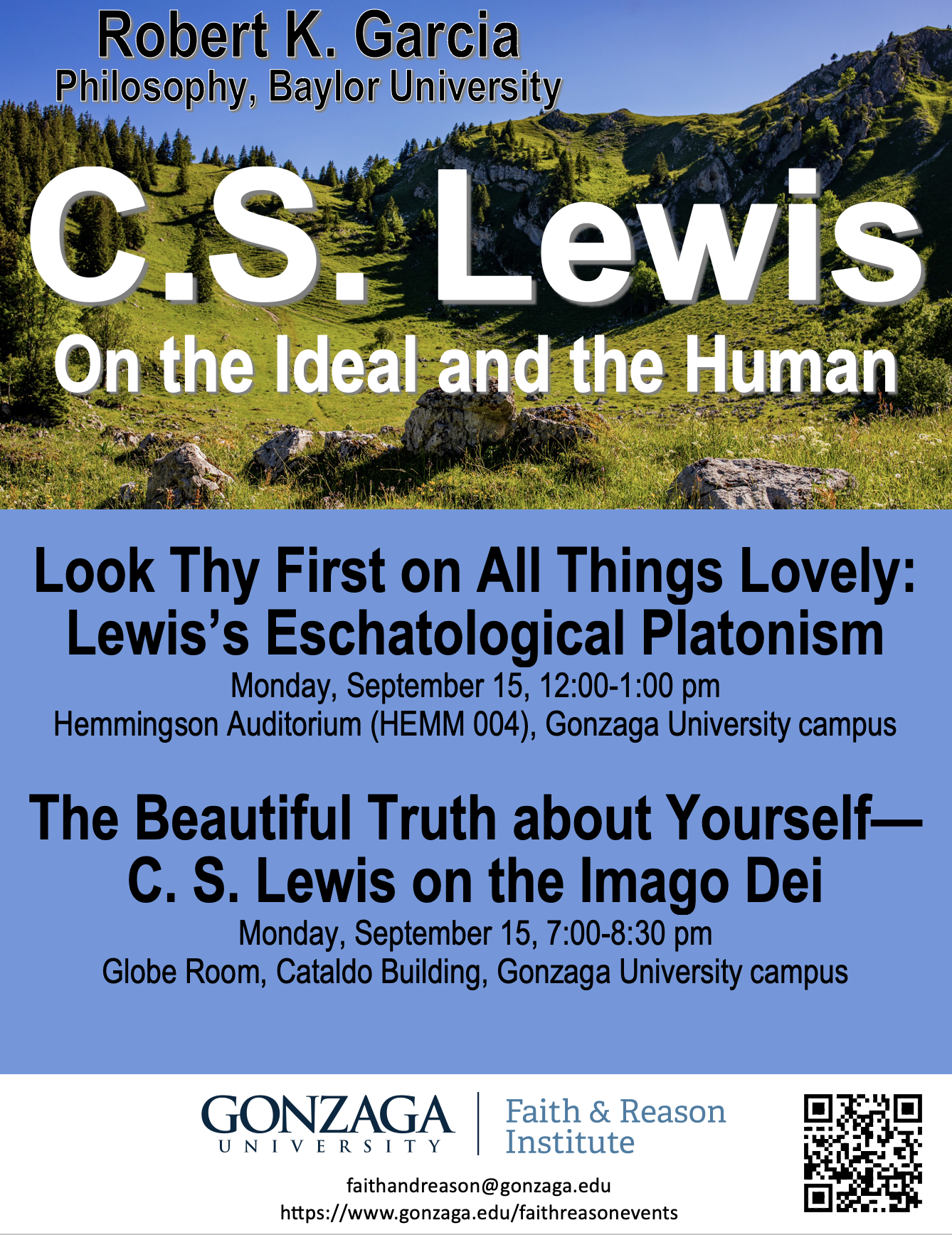
"Look Thy First on All Things Lovely: Lewis’s Eschatological Platonism"
Once, while
walking with a student, C. S. Lewis watched a flight of
swans alight on a sunlit river. The student quoted,
“Look thy last on all things lovely, every hour.” Lewis
replied, “No. No. It should certainly not be, 'Look thy
last...’, but 'Look thy first on all things lovely.
Every sight and sound that is good, every touch of
beauty or rightness, is pointing ahead to its ultimate
fulfillment in the world to come." Lewis reminds us that
the beauties we now look upon—whether sunset, flower, or
friend—are not final but first fruits: seeds, glimpses,
and foretastes of what they are meant to become. Their
promise is real though often hidden, growing toward a
goodness that can already be glimpsed here and will find
its full flowering beyond this life. In this talk I will
explore the theory of human nature that underlies this
perspective—what Lewis called eschatological
Platonism—and consider its implications for earthly
pleasures, heavenly bliss, and final destiny.
“The
Beautiful Truth about Yourself — C. S. Lewis on the
Imago Dei”
Monday, September 15, 2025, 7:00–8:30 pm
Globe Room, Cataldo Building, Gonzaga University
C. S. Lewis held that each person is supremely and
irreplaceably valuable. But this was not a groundless
platitude or piece of self-flattery. Rather, your value is
grounded in the fact that you are uniquely created in the
image of God. This means that there never has been, and
never will be, another who can image God exactly as you
do. Moreover, for Lewis this was no mere theory, but a
belief with practical consequences: for over twenty years,
he invested one to two hours a day in personal
correspondence, thousands of hours he might otherwise have
spent writing dozens of books. Such sustained devotion
underscores the weight of his conviction. Yet it also
highlights the difficulty we face in taking such a view to
heart. For his bold vision can seem too good to be true,
conferring on us a significance so vast, so elevated, that
it induces a kind of metaphysical vertigo; even if one
assents to it intellectually, it is difficult to accept it
emotionally or volitionally. To meet this challenge, Lewis
turned to the imagination. Through story, he invites us
not only to understand, but to inhabit—and perhaps even to
believe—the beautiful truth about ourselves. In this talk,
I will explore the substance of Lewis’s view, show how his
longstanding correspondence and imaginative storytelling
reinforce this vision, and finally consider what it means
for the way we see ourselves—and one another—today.
Psyches, Personæ, and Characters: Human Selves in Film
October 6-10
A series of public events cosponsored with the Gonzaga Faith & Reason Institute
Full information available on the Gonzaga Faith & Reason Events page
Now
Where Was I?: The (In)Capable Self in the Films of
Christopher Nolan
Christopher Nolan is undoubtedly one of the most successful and creative filmmakers working today. From the non-chronological plot structures of Memento, The Prestige, and Dunkirk, to the imaginative time-bending sci-fi action worlds of Inception, Interstellar, and Tenet, to the timely moral ambiguities within the Dark Knight trilogy (Batman Begins, The Dark Knight, and The Dark Knight Rises) and Nolan’s neo-noir psychological thrillers (Following, Insomnia), all leading up to the historic award-winning biopic, Oppenheimer, time, narrative, and identity are themes woven throughout Nolan’s filmography. Though his films are noticeably lacking in representations of religion or references to God, Nolan's postsecular cinema nevertheless contains valuable theological and philosophical insights. This paper suggests that Nolan's films can and should be considered works of cinematic philosophical theology—they are doing theology and philosophy through the medium of film as they explore what it means to be human in relation to the transcendent. Every single Nolan film deliberately addresses the subjective nature of human identity and self-understanding. Indeed, the nature of the human self is an essential concern for Nolan—in interviews about his films, he regularly mentions a desire to explore the “subjective” human experience or the relationship between “objectivity” and “subjectivity.” By drawing upon the perspectives of St. Augustine of Hippo and philosopher Paul Ricoeur, we can trace a cinematic theological anthropology through Nolan’s films: what it means to be human is to be a wounded-yet-capable self.
Joel Mayward is Assistant Professor of Christian ministries, theology and the arts at George Fox University. His areas of academic and teaching expertise include Christian ministry leadership, theological aesthetics, contextual theology, theology and philosophy in film, liberation theologies, continental philosophical theology, and the spiritual formation of youth and young adults. In addition to books on church ministry, Joel is the author of The Dardenne Brothers' Cinematic Parables: Integrating Theology, Philosophy, and Film (Routledge, 2022) and the forthcoming Cinematic Transcendence: Theology and the Films of Christopher Nolan (Lexington Books/Fortress Academic, 2025). For several years he has been a professional freelance film critic as a member of the Online Film Critics Society and a “Tomatometer-approved critic” for Rotten Tomatoes. He also runs a film criticism website, cinemayward.com.
Inescapable
Moral
Horizons: Kieslowski's Blue and Charles Taylor
on the Self in Moral Space
Toward
the
end of the film Red, the last
in the Three Colors trilogy from Krzysztof Kieslowski
(1941-96), the main character, Valentine, says, "I feel
something important is happening around me." Many of the
films by the acclaimed Polish director feature
characters who realize that, as the moral philosopher
Charles Taylor puts it, "something incomparably
important is involved" in their deliberations and
choices. In the specific political and social context of
late 20th-century Poland, Kieslowski's films attempt to
recover and depict what Taylor calls "inescapable moral
horizons." Perhaps its most dramatic depiction occurs in Blue, the first film in the
trilogy. The story of Julie, Blue’s main character, illustrates the many
ways in which a self that is "free from all frameworks"
is in the grips of an "appalling identity crisis."
Through the course of the film, as Julie recovers her
connection to others, the film also demonstrates the
intimate connection between individual "identity and a
kind of orientation" in moral space.
Thomas
Hibbs, Rayzor Professor of Philosophy and Dean Emeritus
at Baylor University, is a prolific Catholic author,
speaker, philosopher, and university administrator. His
research and teaching focus on moral philosophy and
aesthetics. He has published eight books, the most
recent of which is Theology of Creation:
Ecology, Art, and Laudato Si’
(University of Notre Dame Press, 2023), as well as many
scholarly and popular articles, and has delivered
lectures across the U.S. and abroad. Hibbs was the
inaugural dean of the Baylor Honors College (2003-2019)
and the founding Director of Baylor in Washington
(2015-2019). He has held administrative
appointments as department chair (Boston College), dean
(Baylor), and president (University of Dallas). Hibbs
directs a summer program for Baylor undergraduates in
Washington, DC on religion and social life.
"We
Are Not What Was Intended: The Failed Nihilism of
David Fincher's Seven"
David
Fincher's 1995 film Seven ends on a notoriously
bleak note. Driven by a religious fanaticism, John Doe
has completed his 'masterpiece' of illustrating the
destructive nature of the seven deadly sins by luring
Detective Mills into assisting with his plan. 'He wins,'
as Detective Somerset says. I argue, to the contrary,
that Doe does not, in fact, 'win,' that his nihilistic
program ultimately fails because it is predicated upon a
contradiction, that Doe's project requires a
selfless servant as its executor, and Doe, as we
learn, fails in this respect. Doe's interpretation of
his calling is driven by a flawed understanding of the
Christian ethic of kenoticism, the injunction of
self-emptying at the core of the Christian message. I
use the work of Søren Kierkegaard to articulate a
more accurate understanding of the kenotic ethic, one in
which the self is not annihilated (as Doe understands
it), but is actualized authentically in the mode of
divine love.
response by Tim Clancy, S.J. (Philosophy, Gonzaga University)
AI Society:
Griefbots, Companion Bots, and the Culture of
Simulation
Kirk Besmer
(Philosophy, Gonzaga University)
response by Tim
Clancy, S.J. (Philosophy, Gonzaga University)
For several years,
the internet and the screens we use to access it have
been a site of social interaction with other humans, but
today – thanks to AI – people are choosing to socialize
with ‘bots.’ What does this mean? What is at stake? This
presentation will explore some of the issues related to
griefbots and companion bots as exemplars of the culture
of simulation. What features does the culture of
simulation have? What relationship does the simulated
social culture of AI have with the “real world”? What
are apparent advantages and disadvantages of social
interaction based on AI?
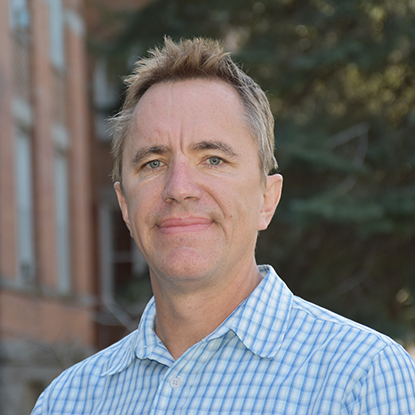 Kirk Besmer is Professor
of Philosophy at Gonzaga University, where he has been
teaching since 2003. His research and teaching
specializations include phenomenology and existentialism.
He has a particular interest in philosophy of technology,
especially the impact of technological developments on our
understanding of
Kirk Besmer is Professor
of Philosophy at Gonzaga University, where he has been
teaching since 2003. His research and teaching
specializations include phenomenology and existentialism.
He has a particular interest in philosophy of technology,
especially the impact of technological developments on our
understanding of  the
human condition.
the
human condition.Fr. Tim Clancy is a priest in the Society of Jesus who focuses on the impact of digital culture on human religious practice.
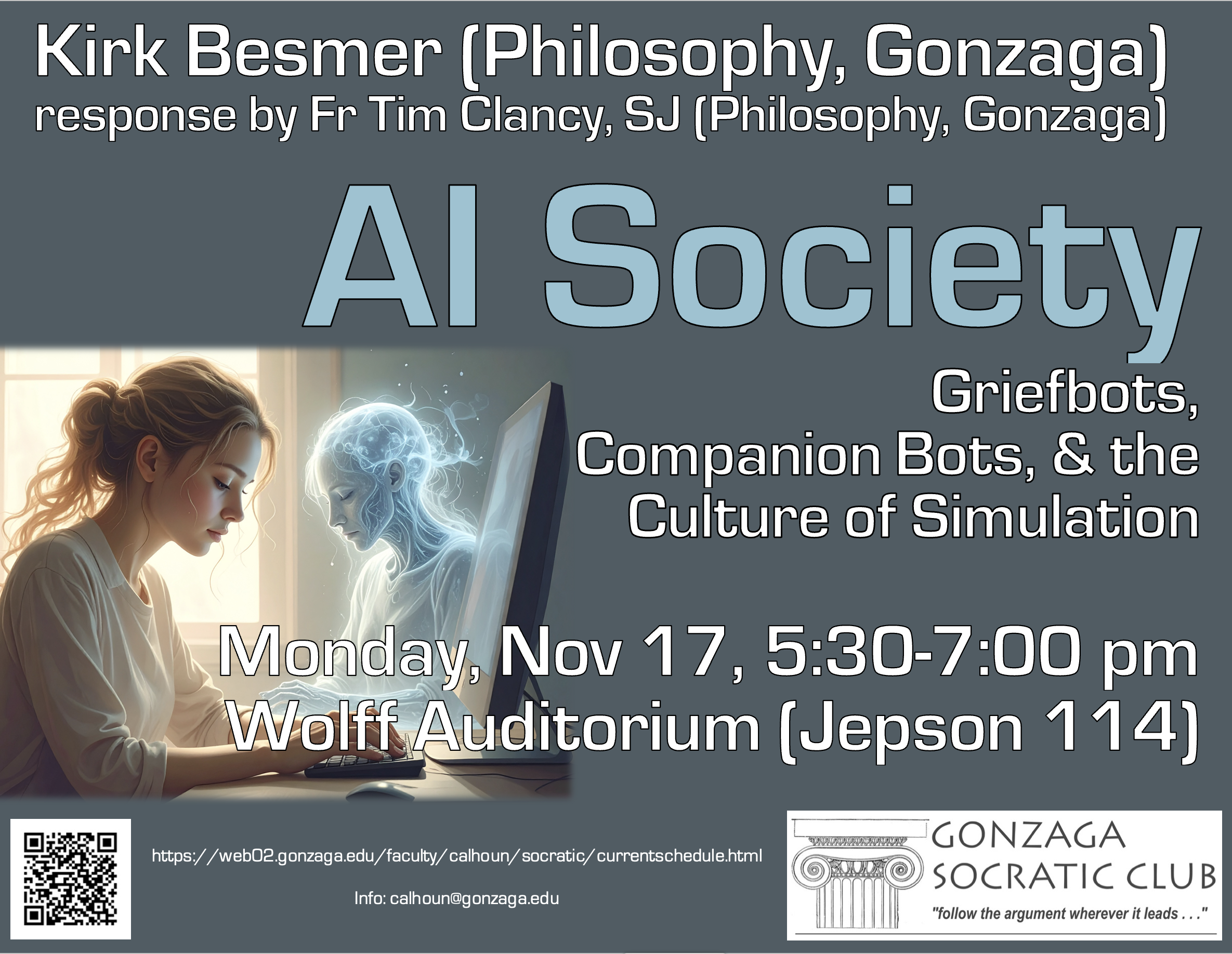
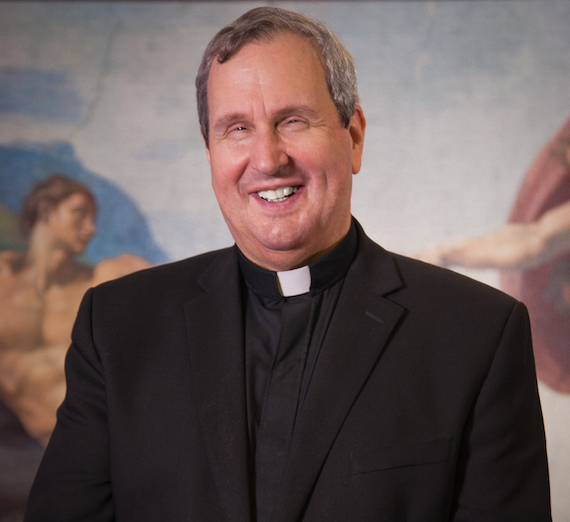
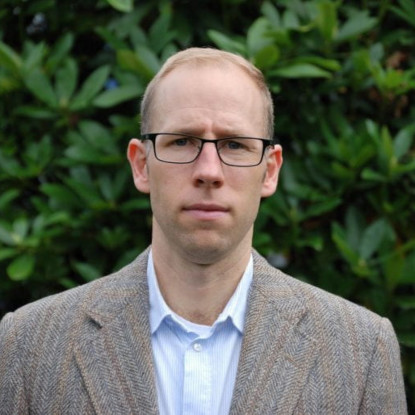
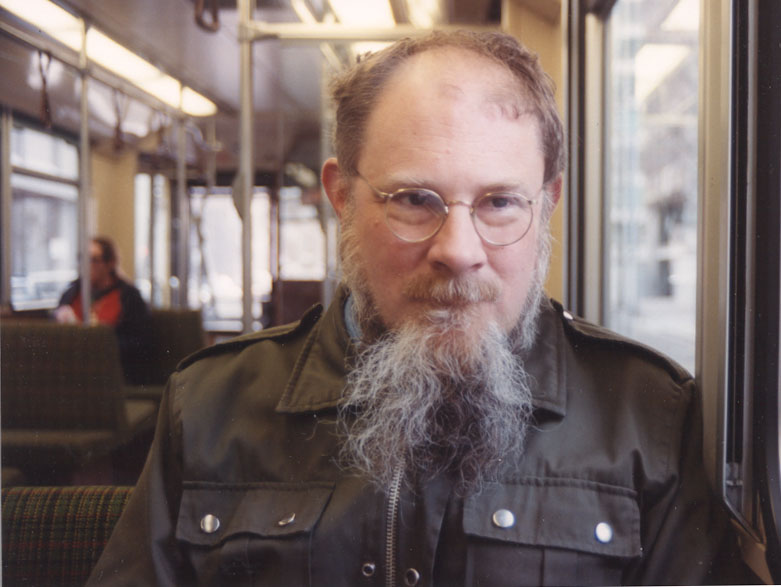
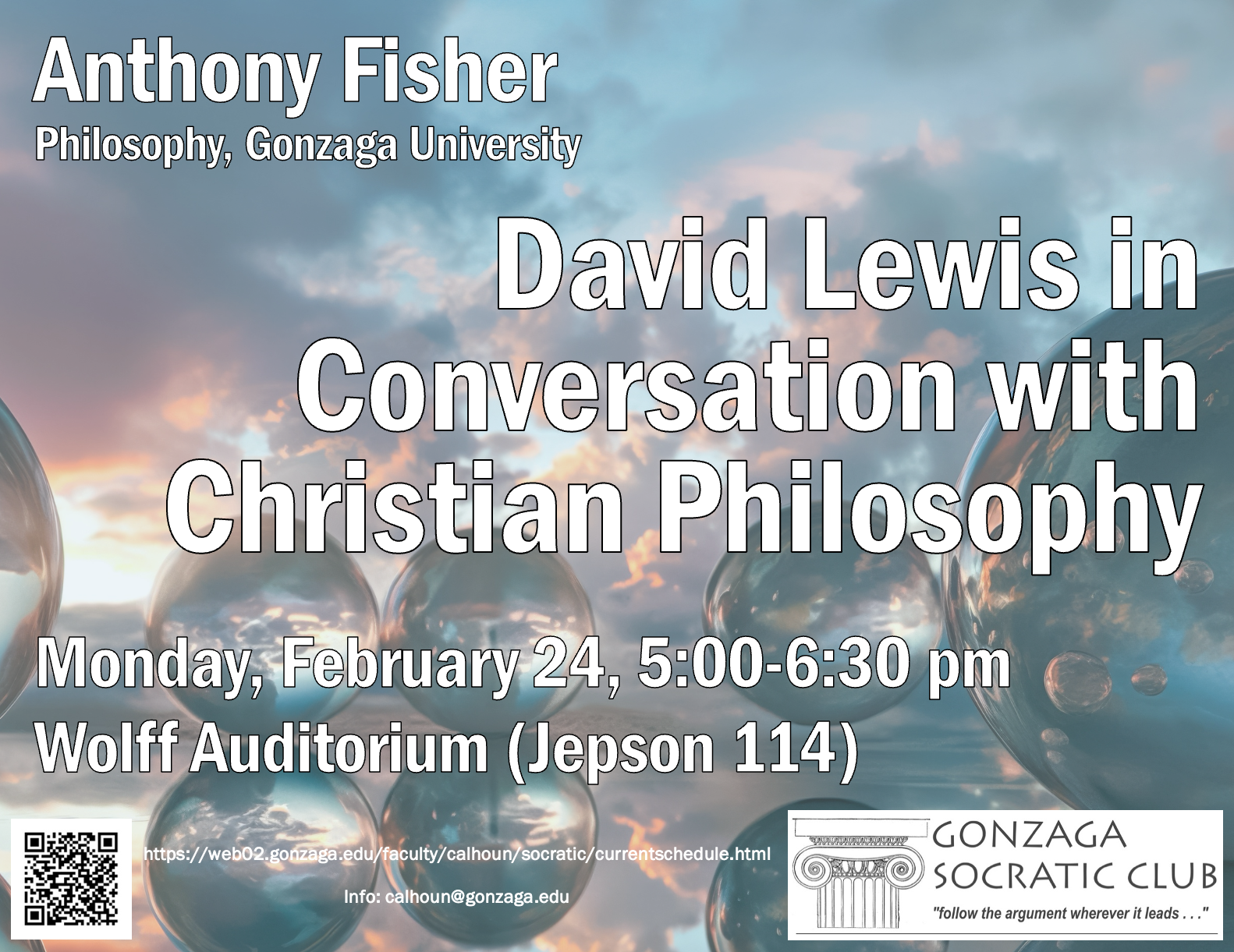
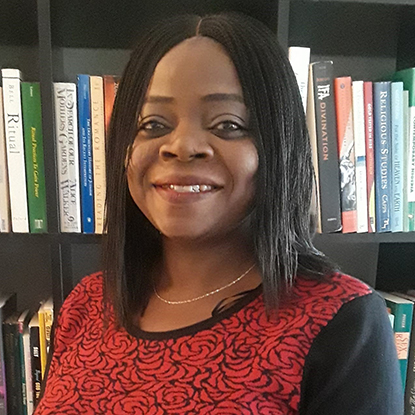
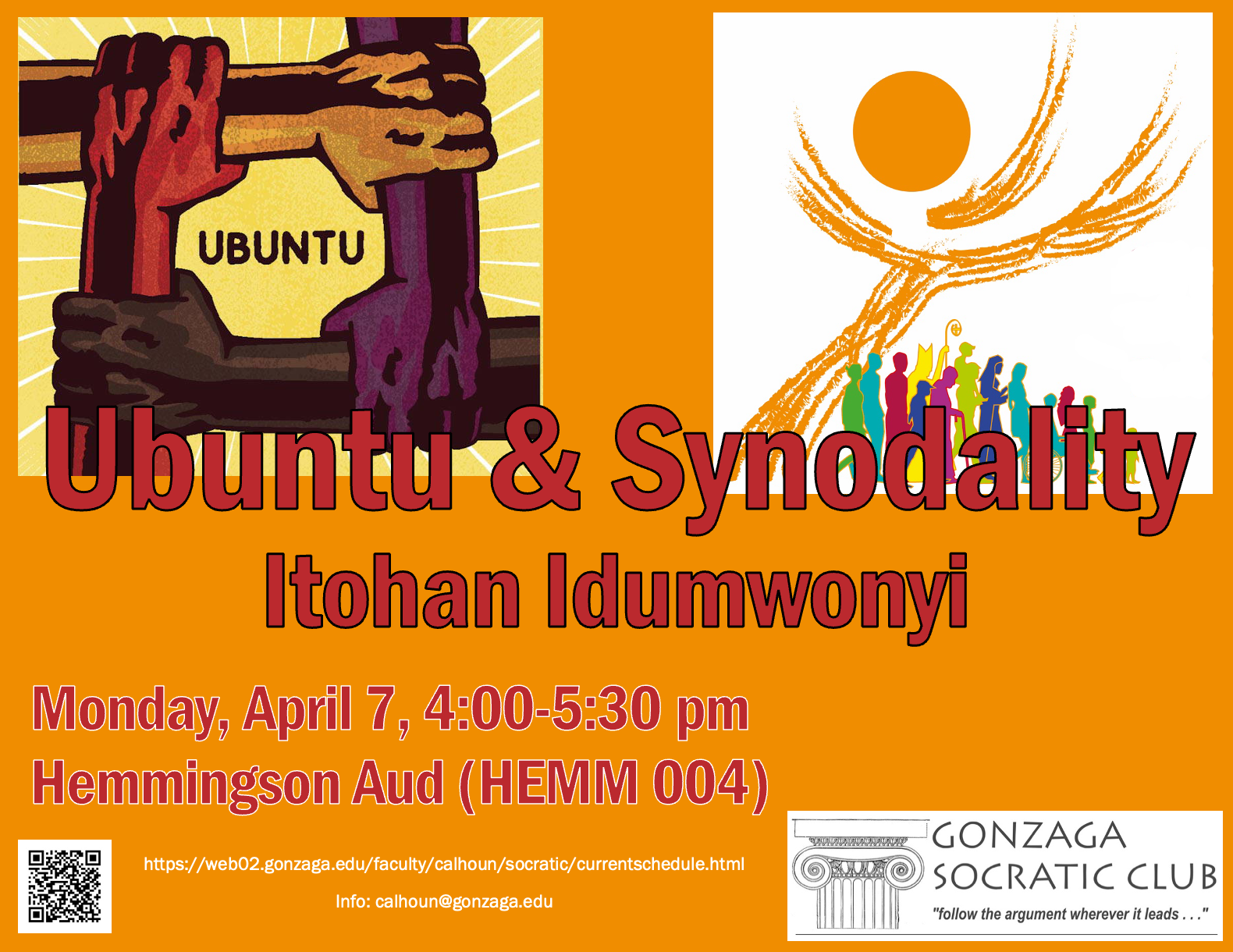
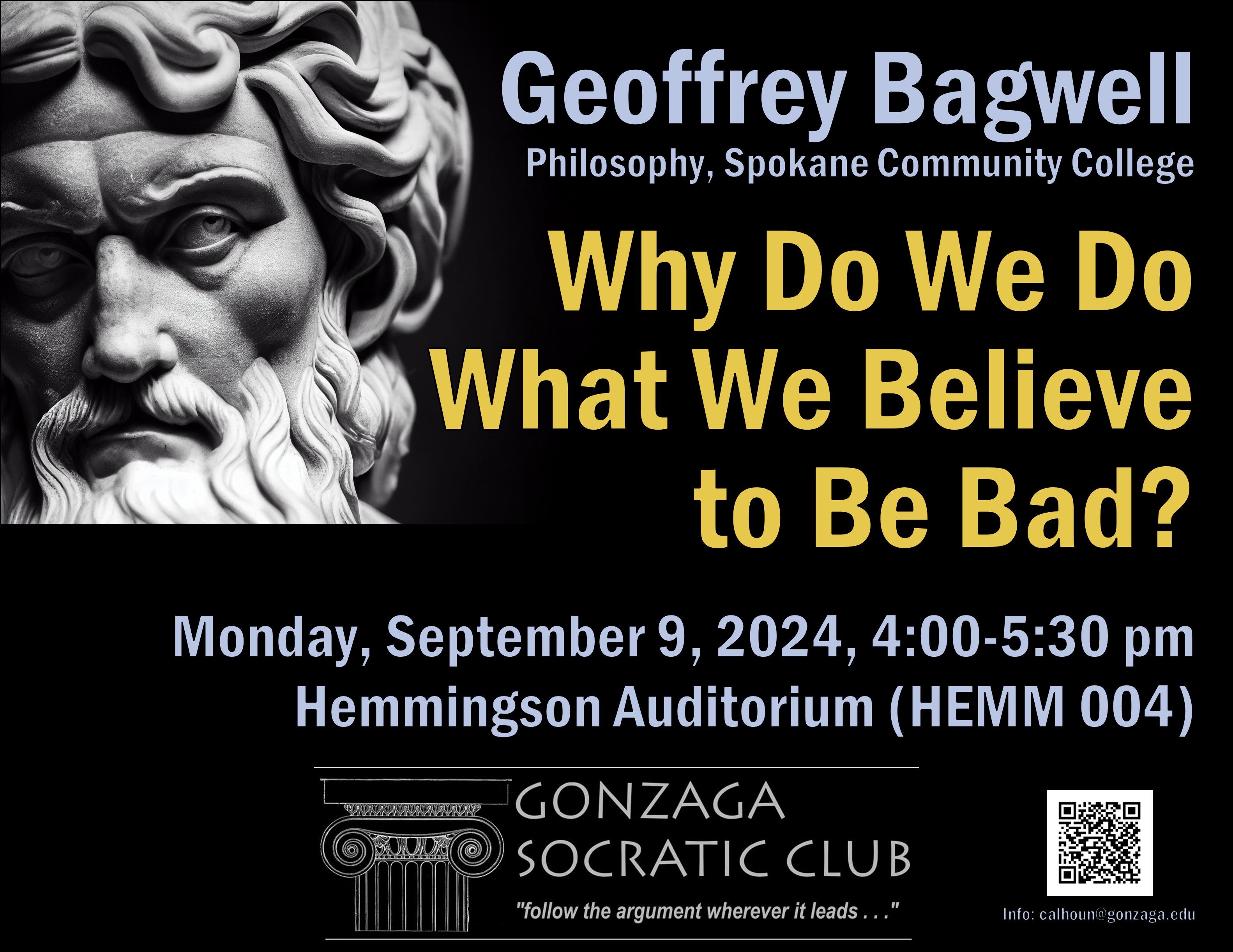
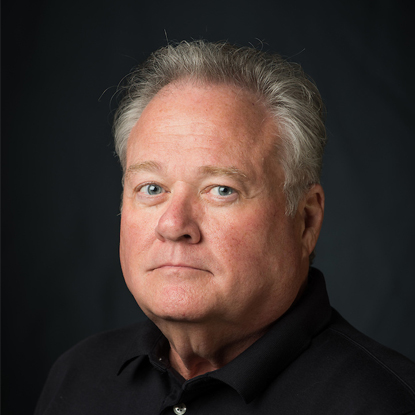
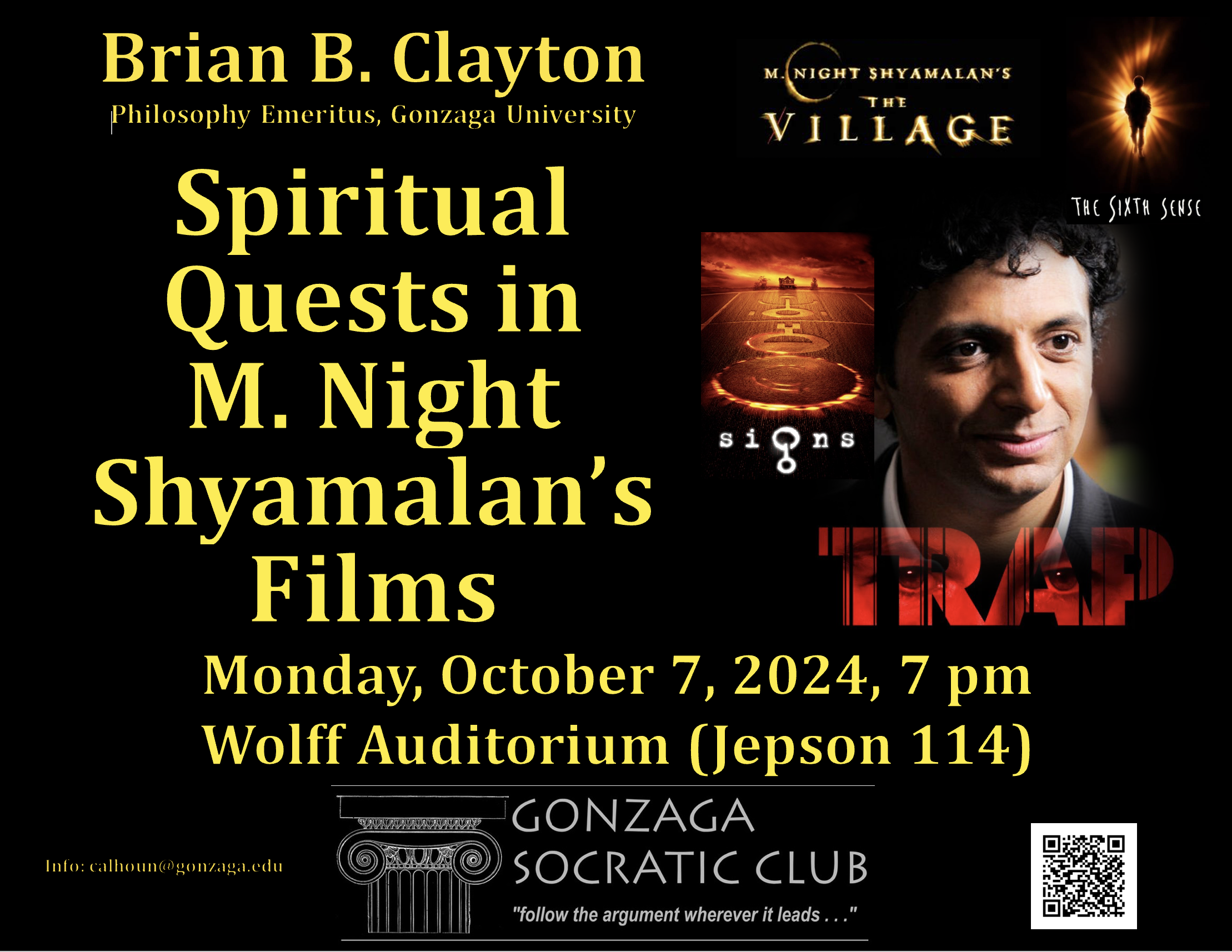
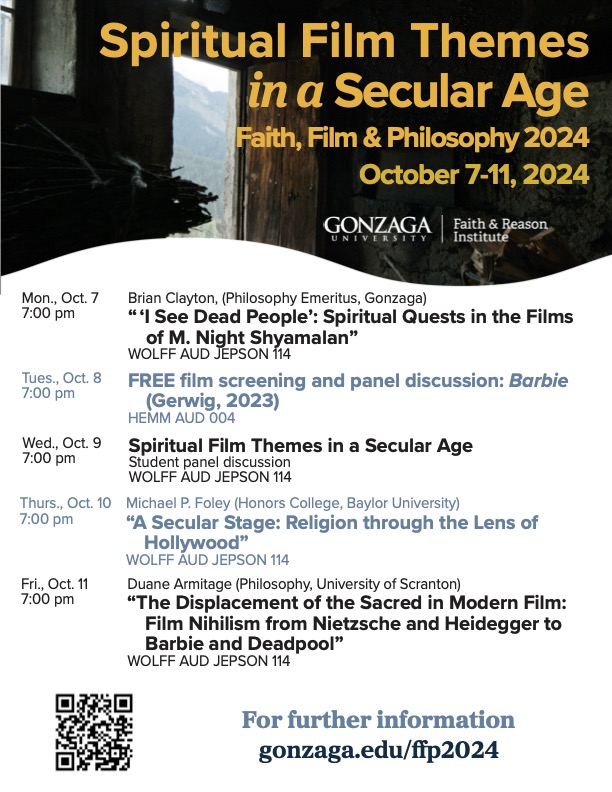
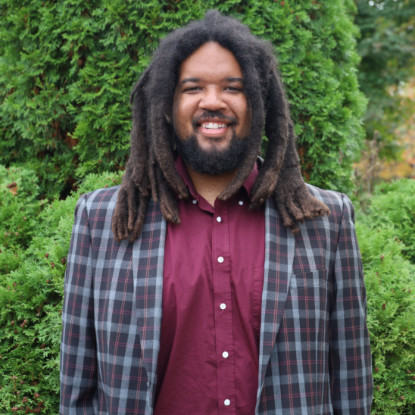
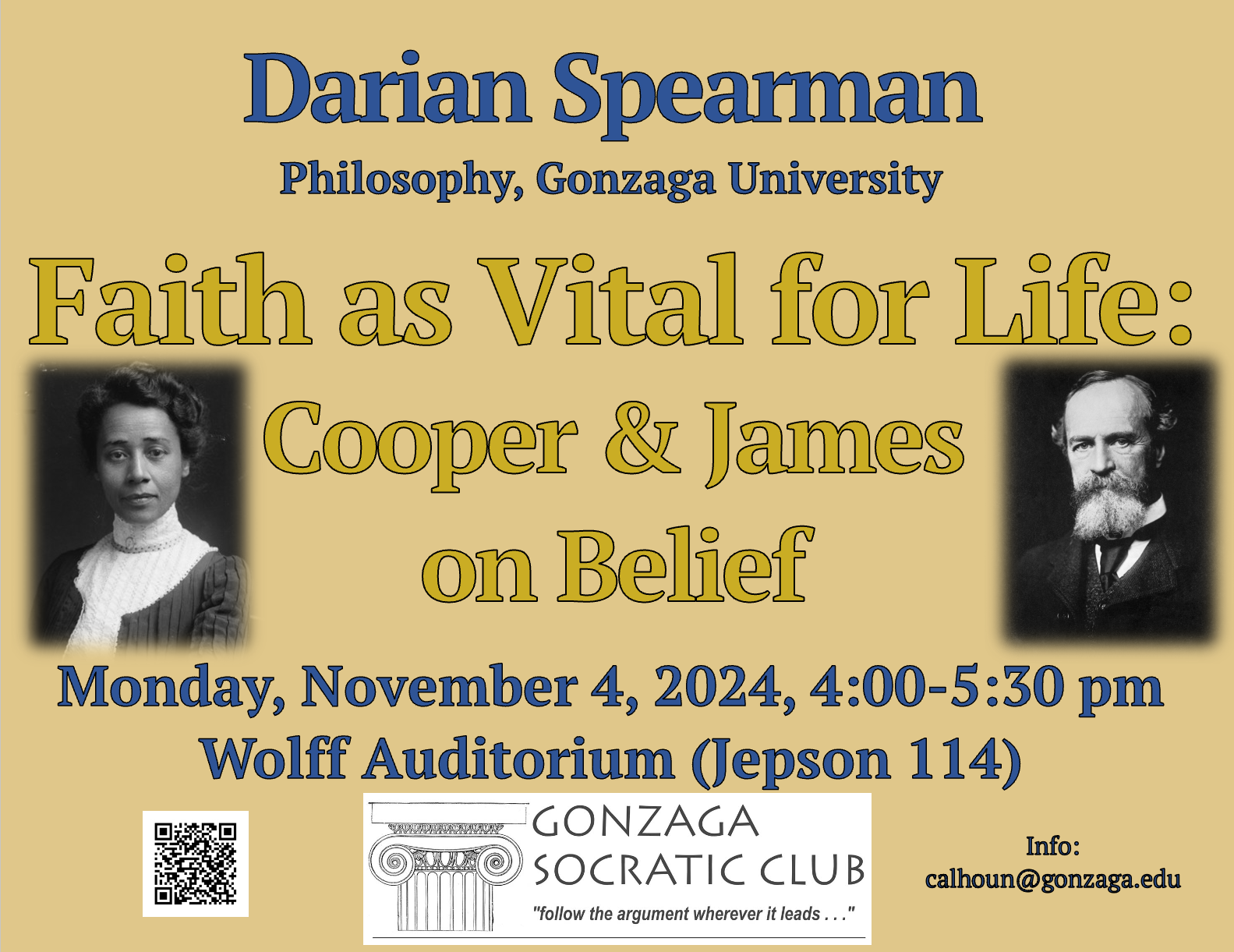
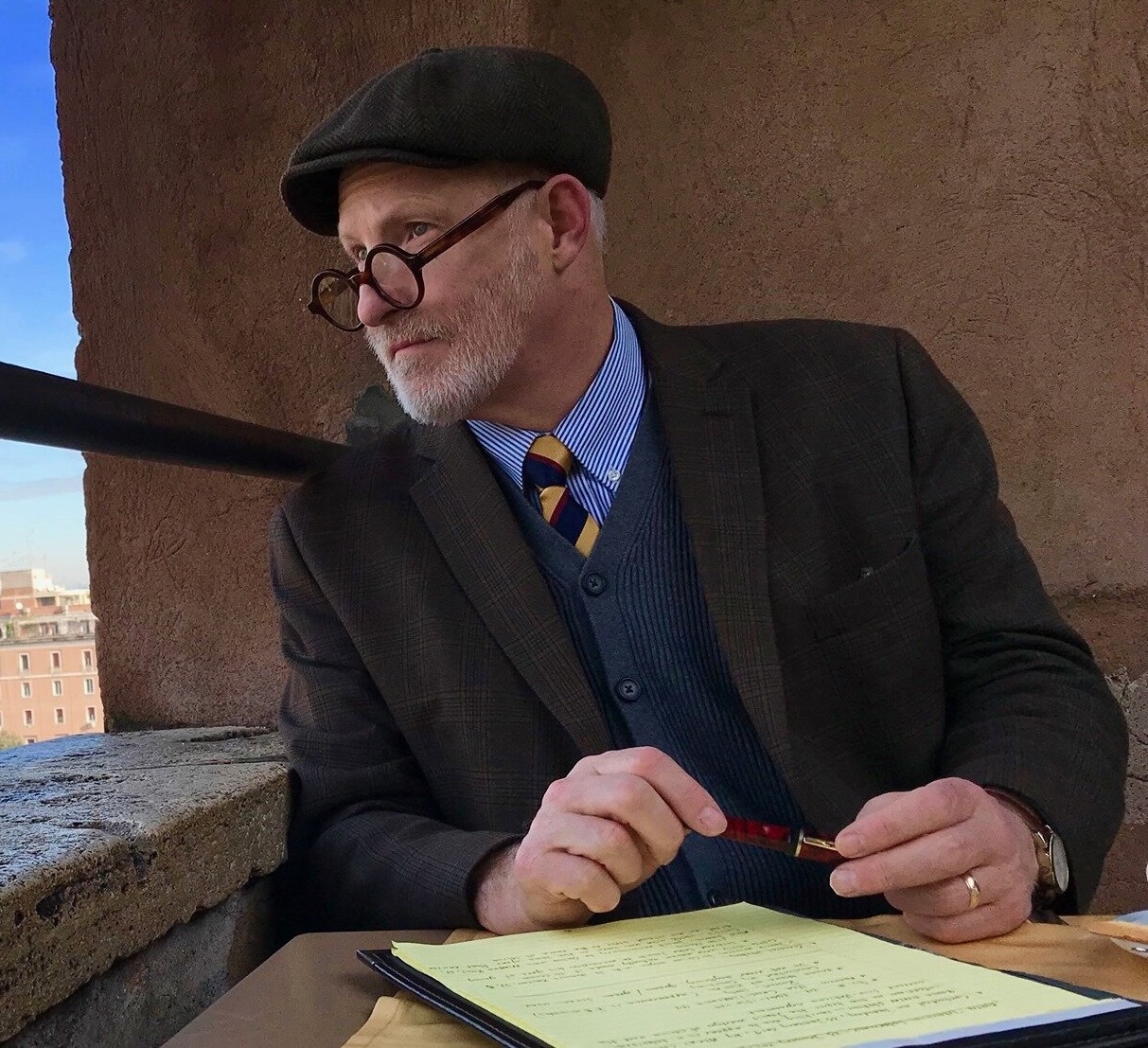
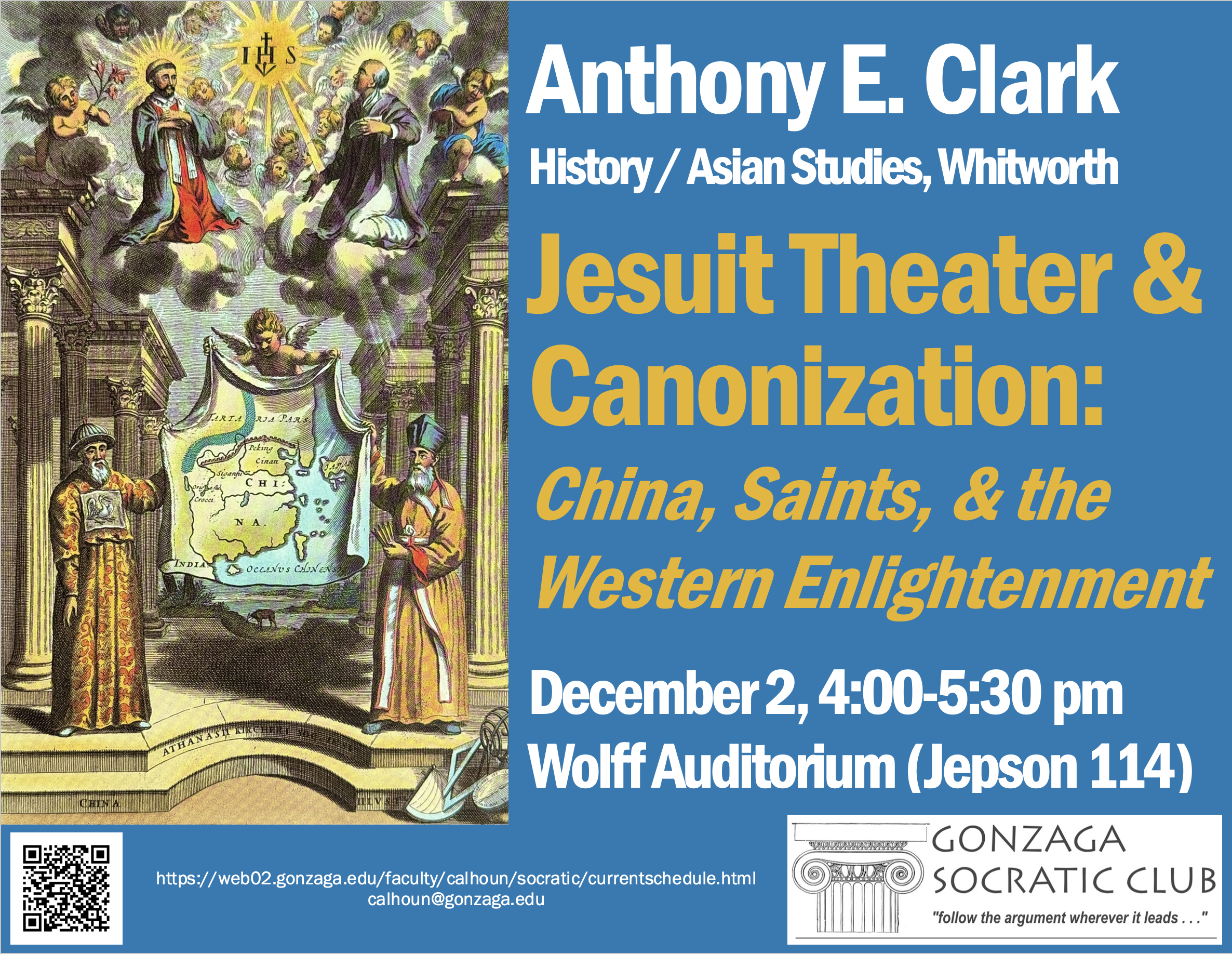
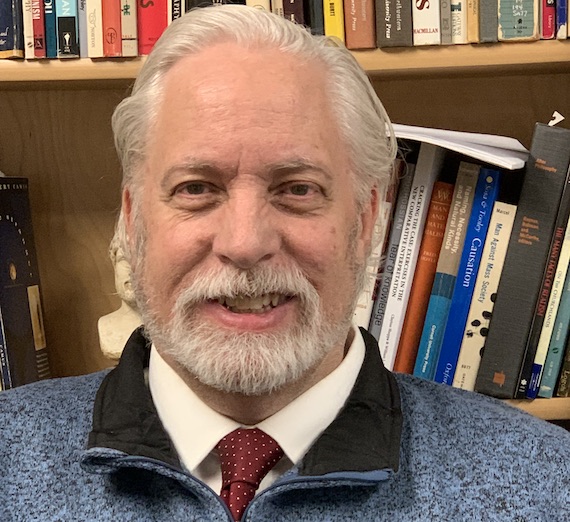
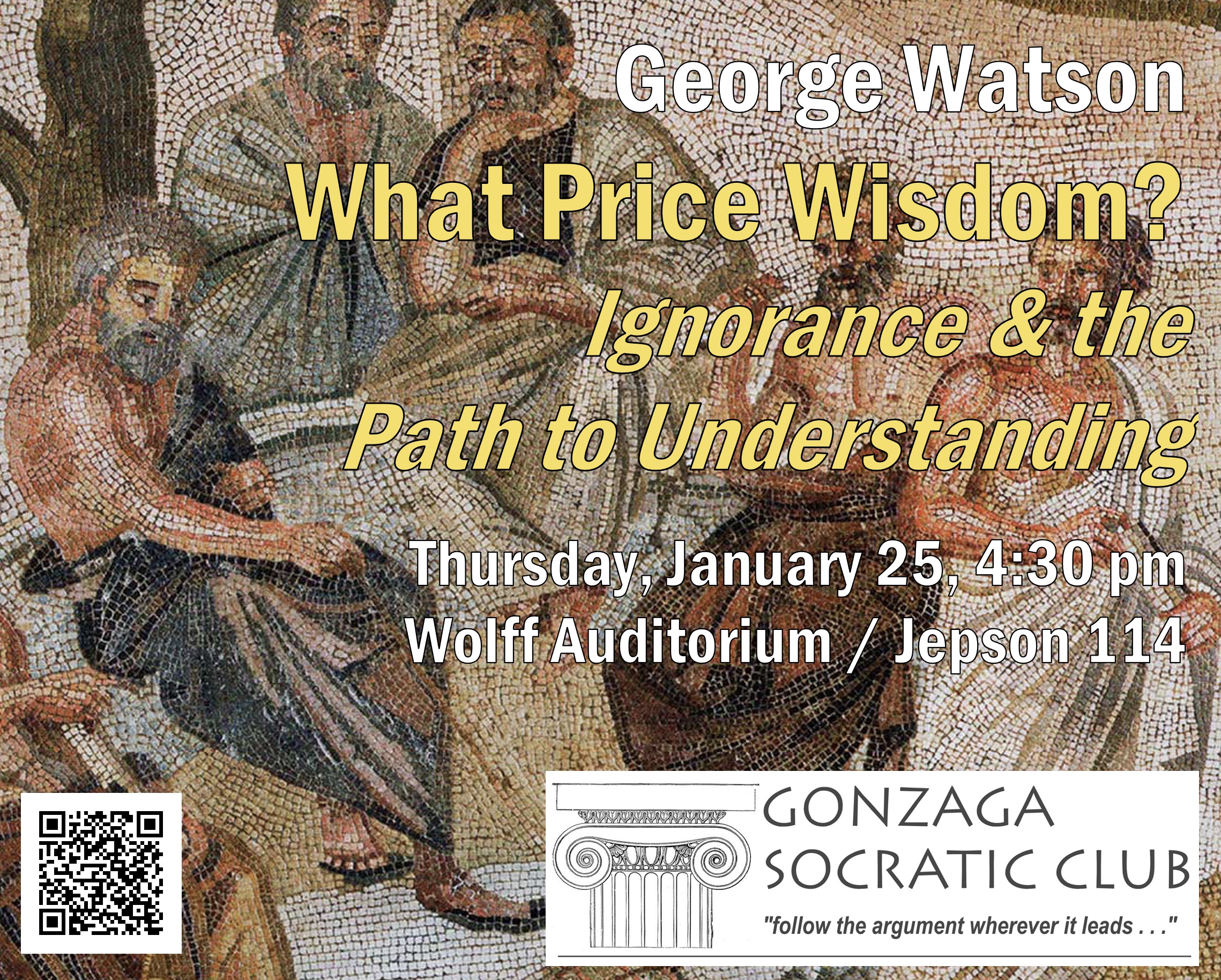
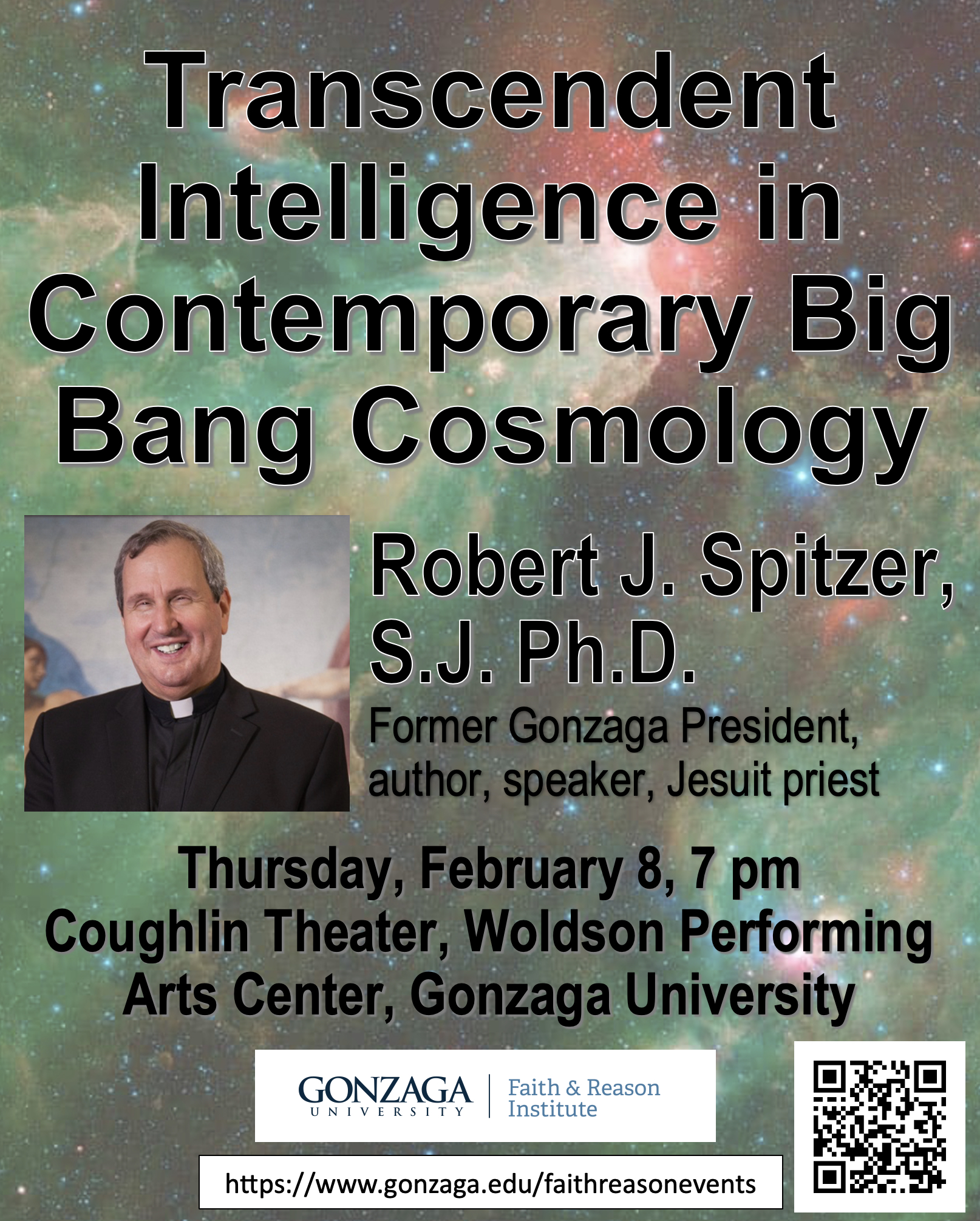
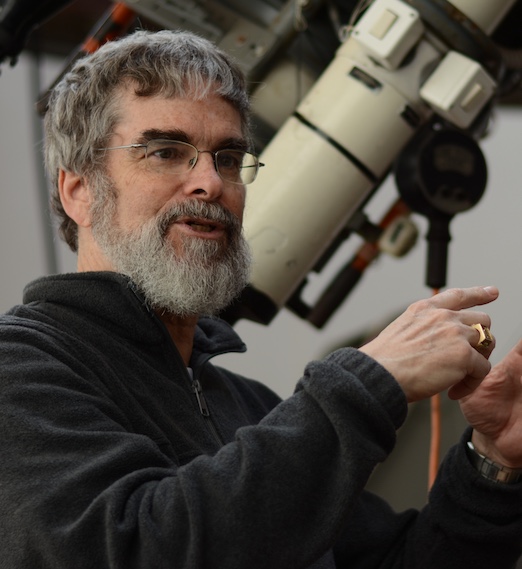
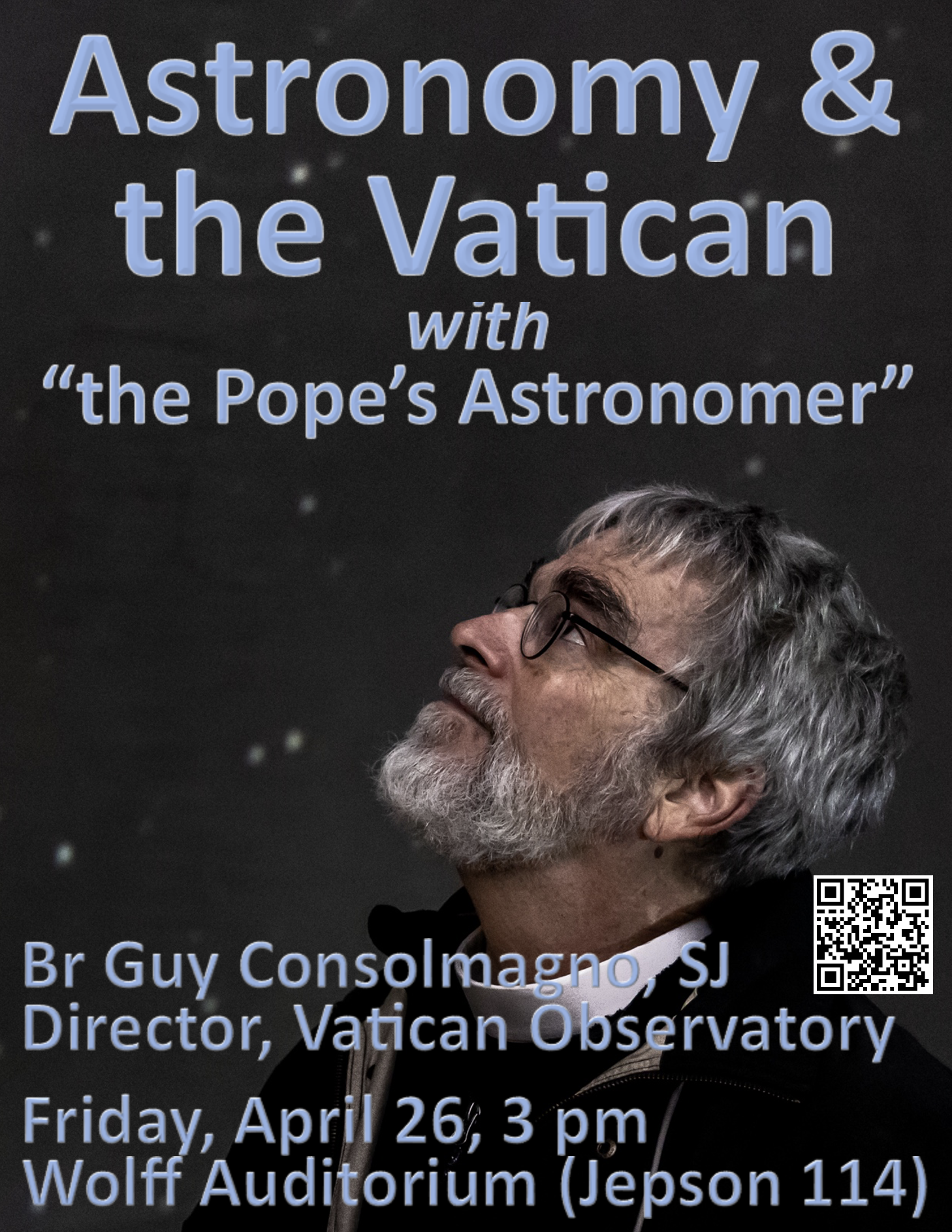
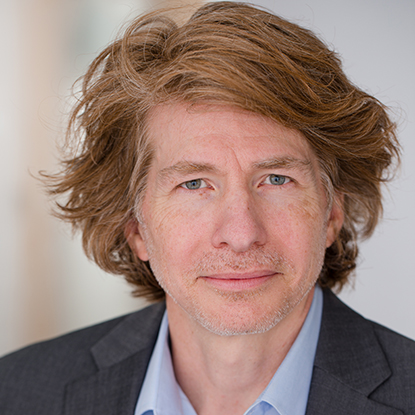
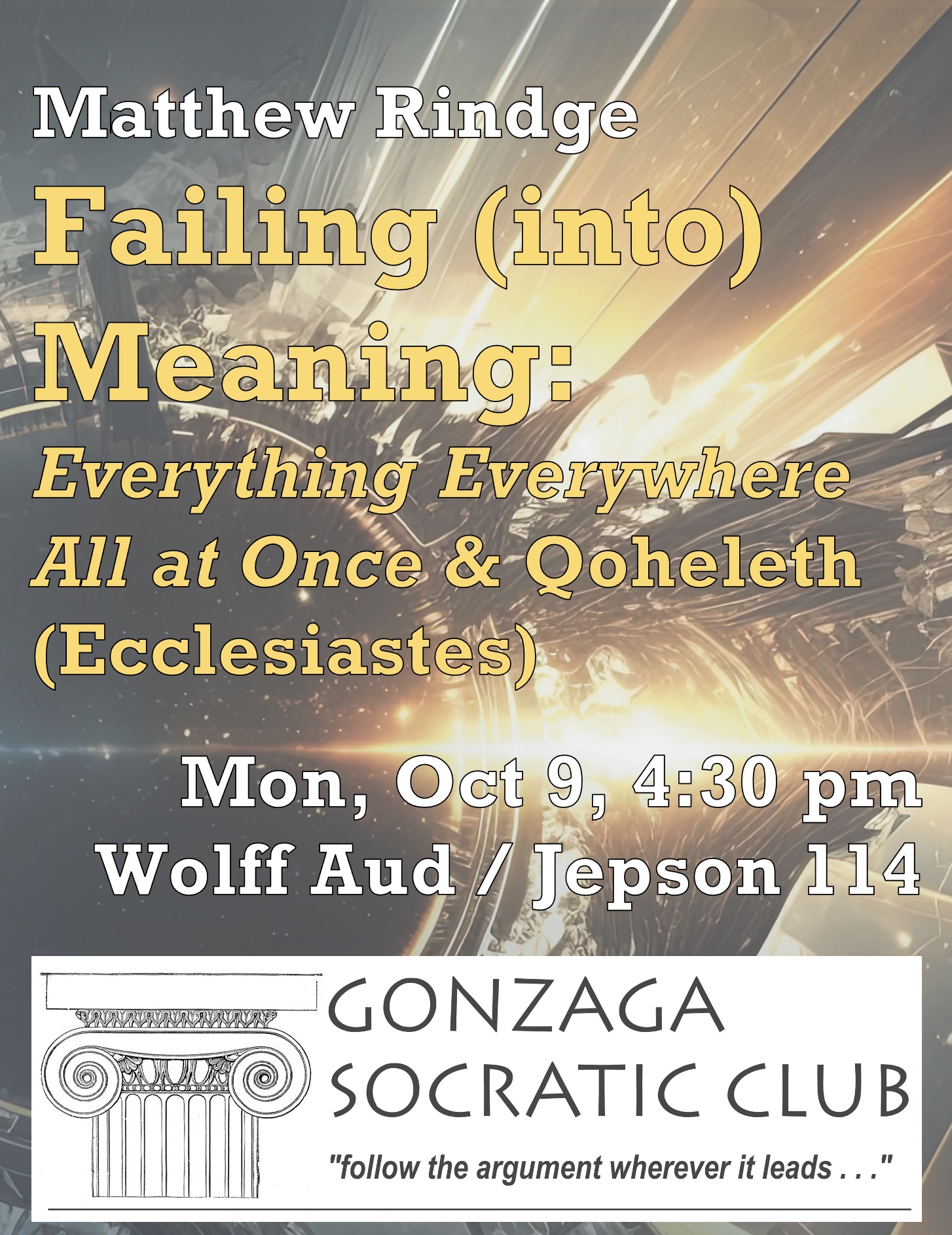
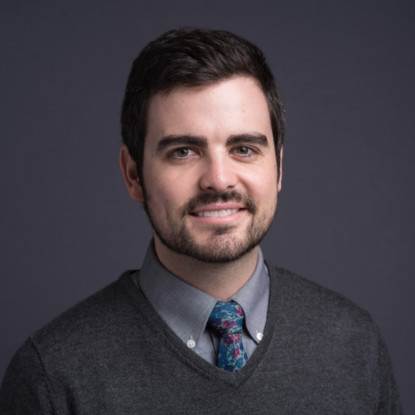
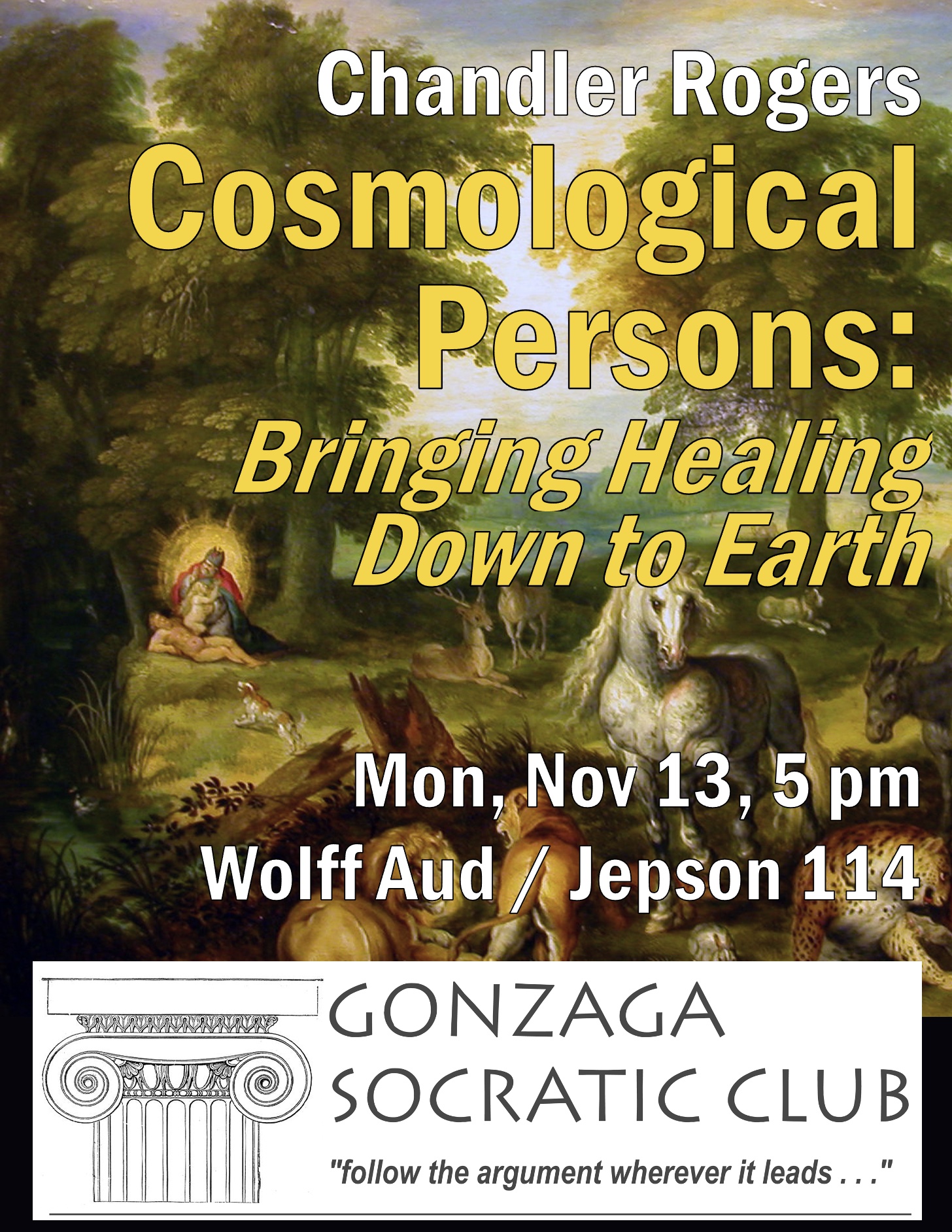
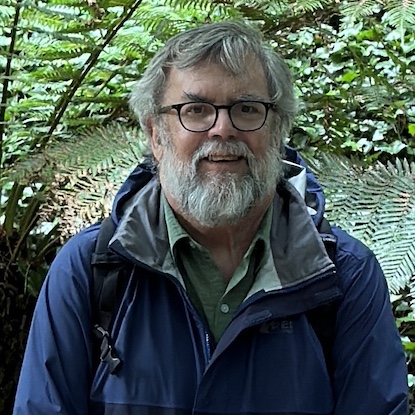
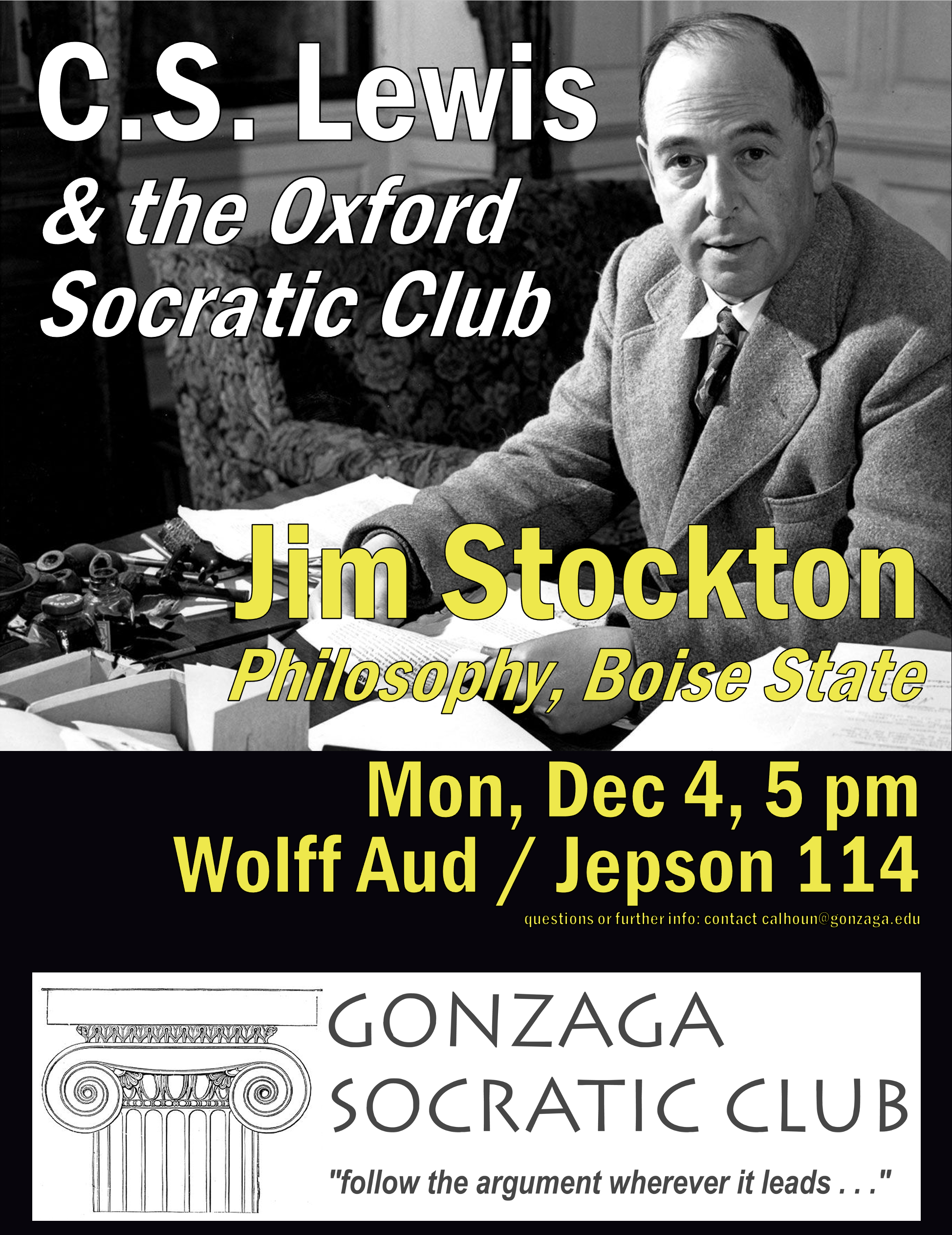
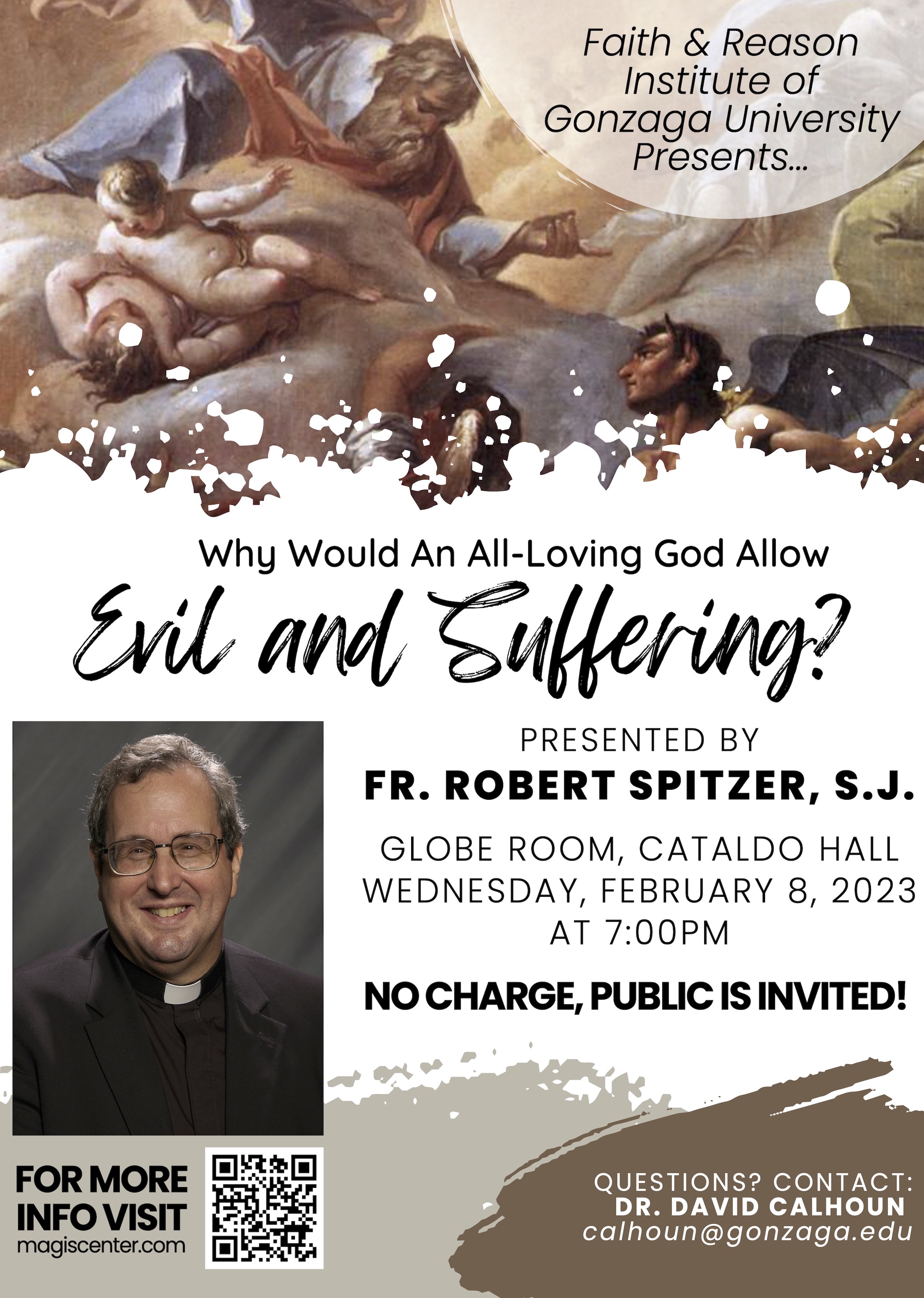
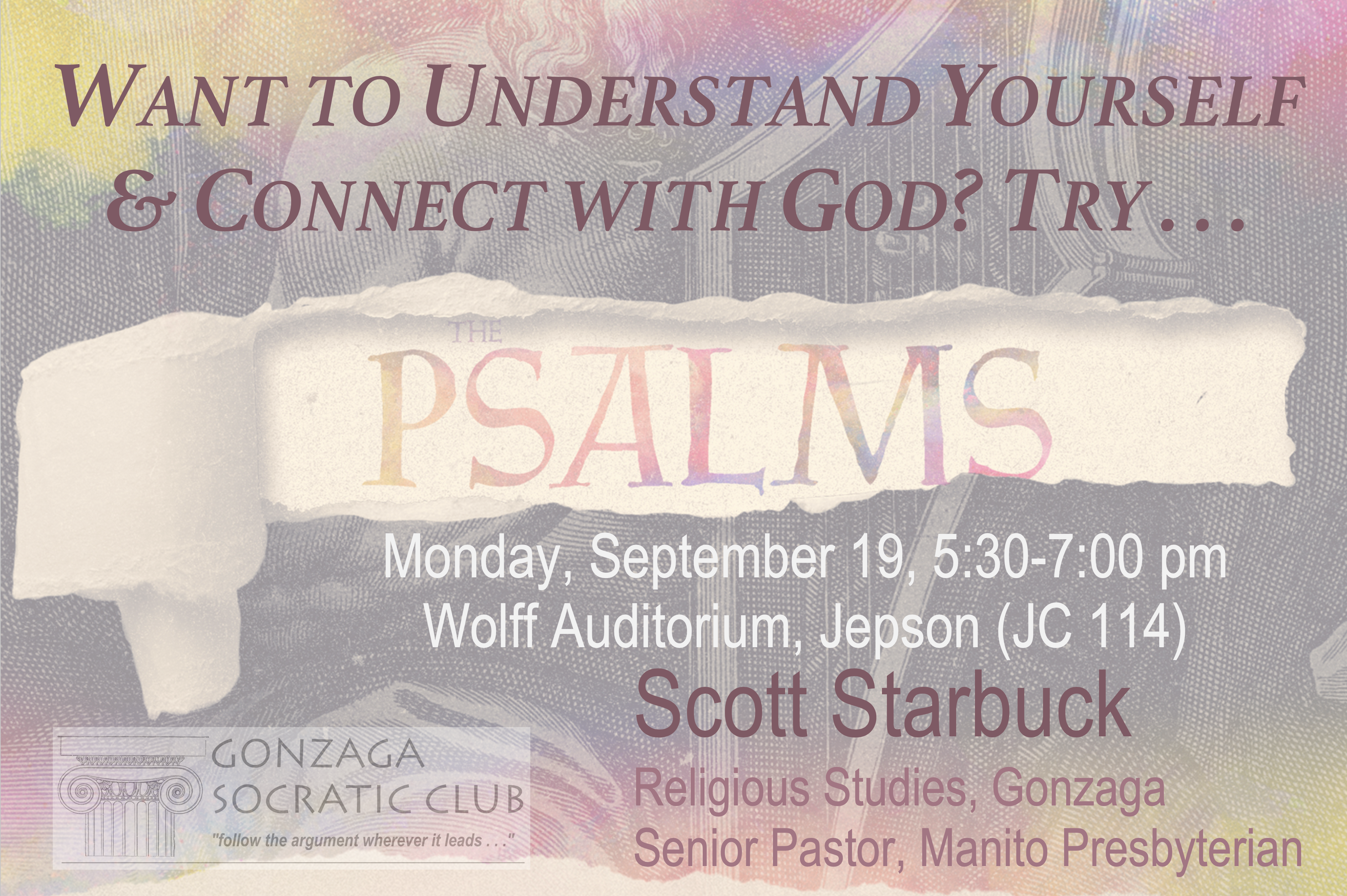
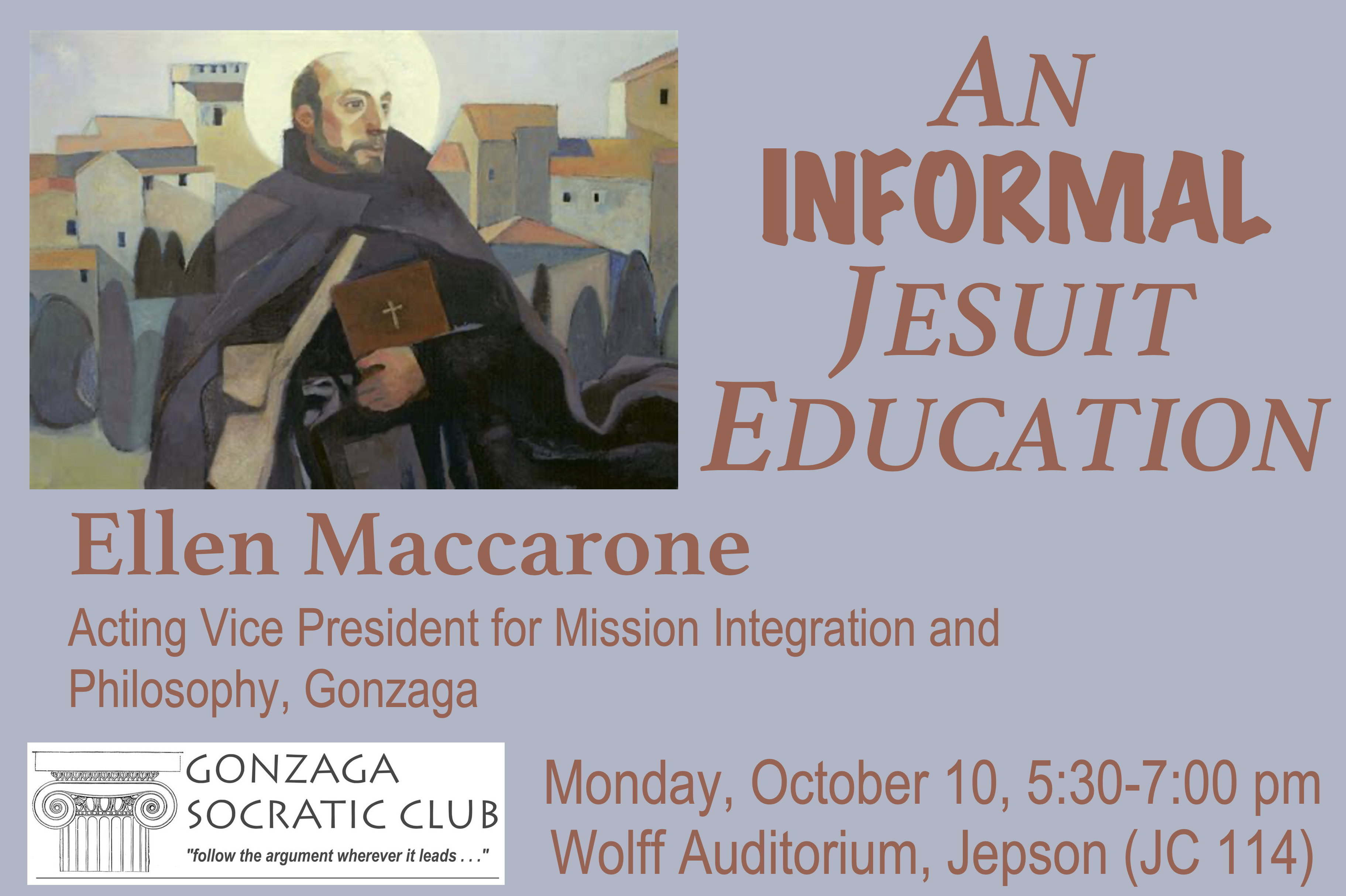
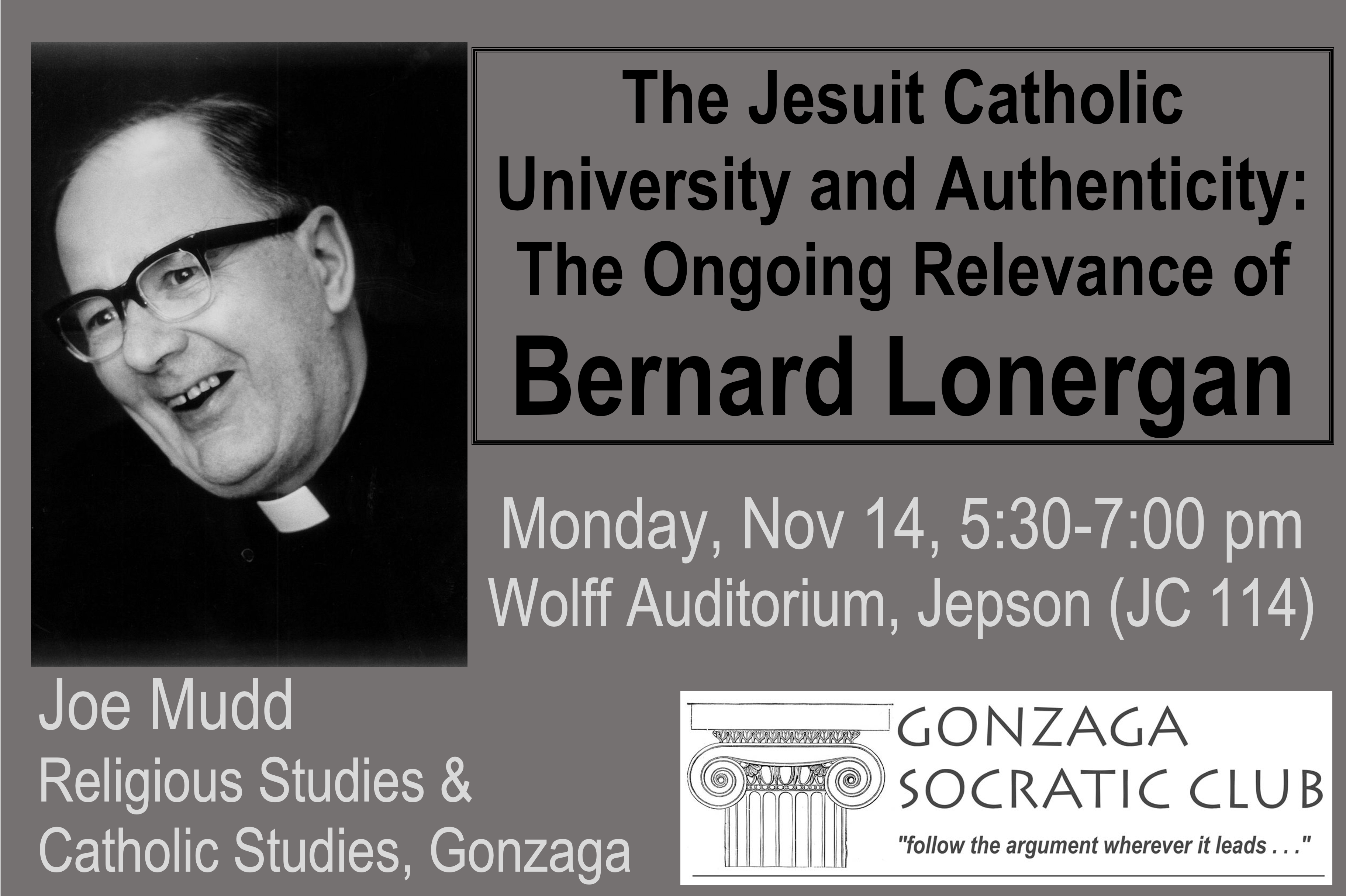
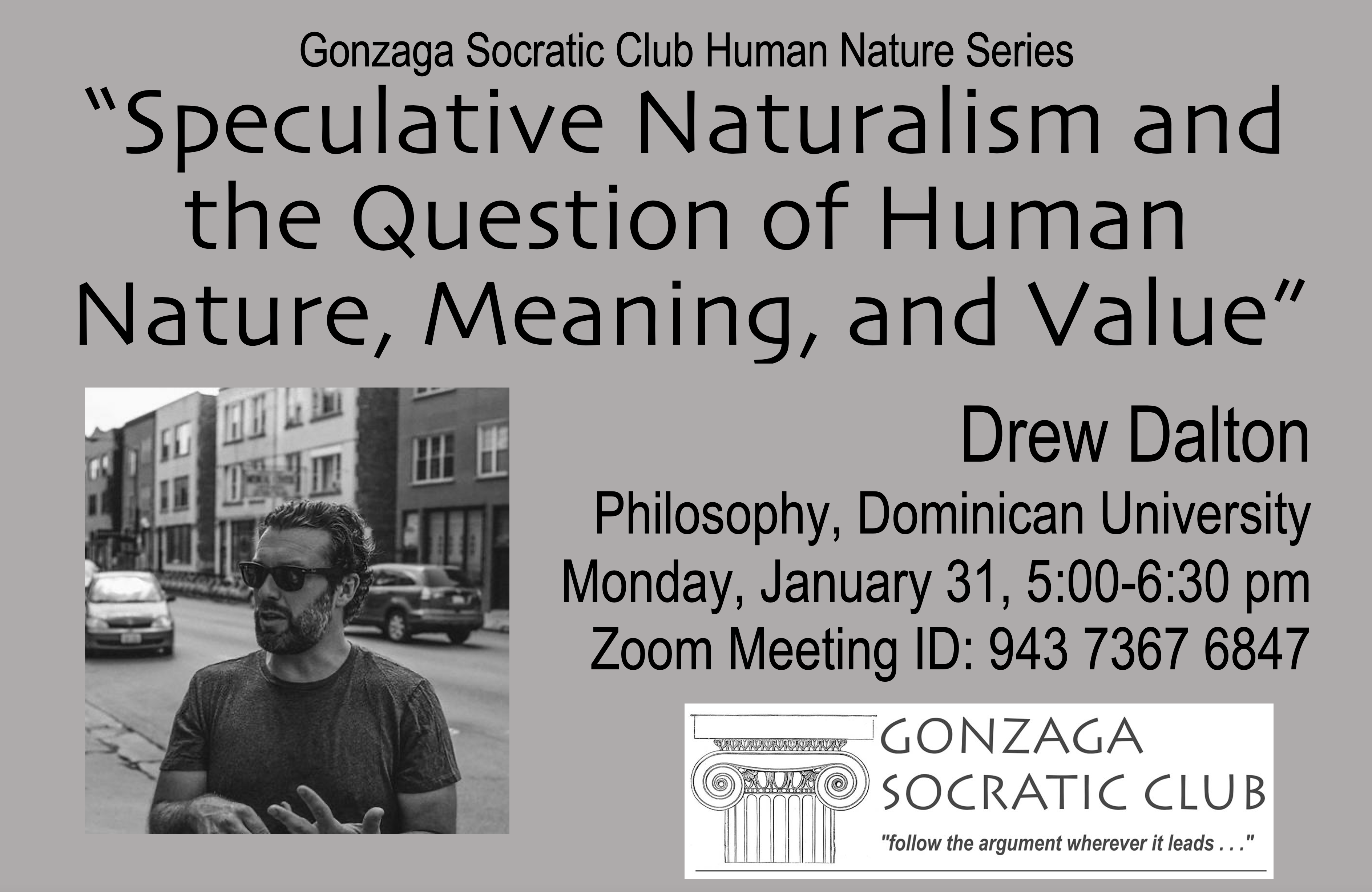
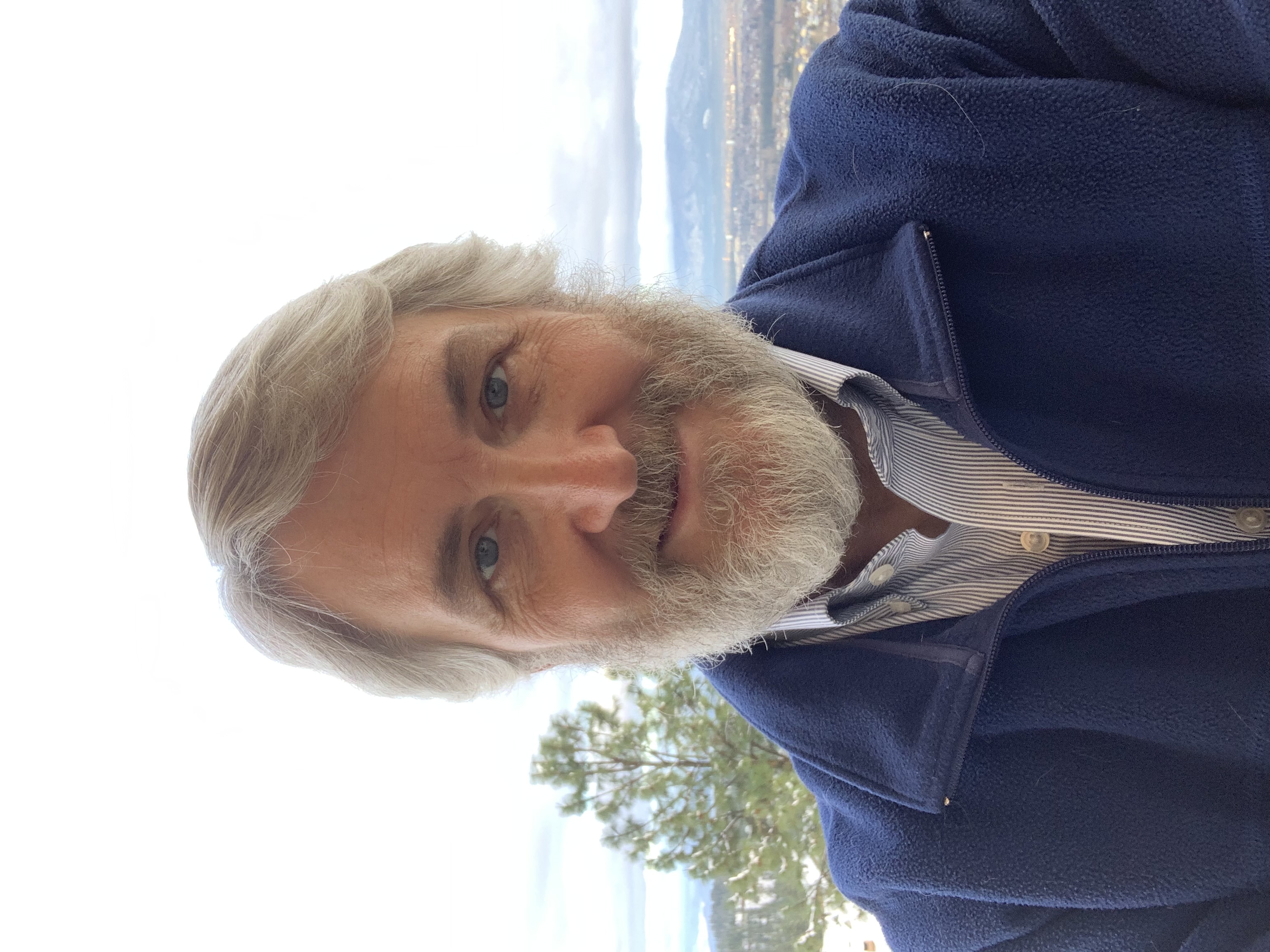
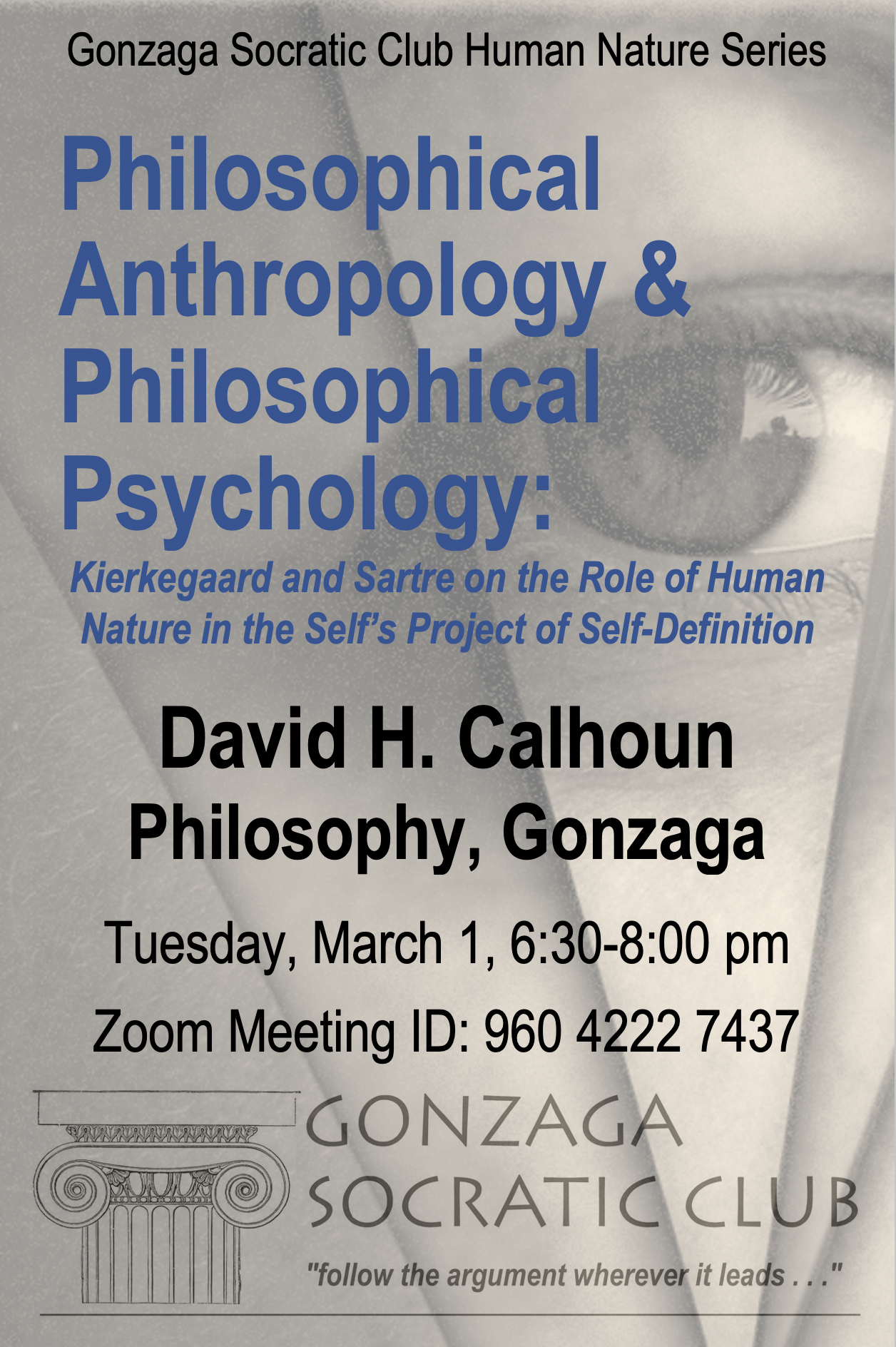
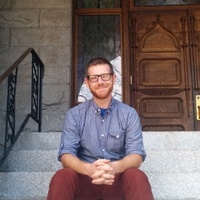
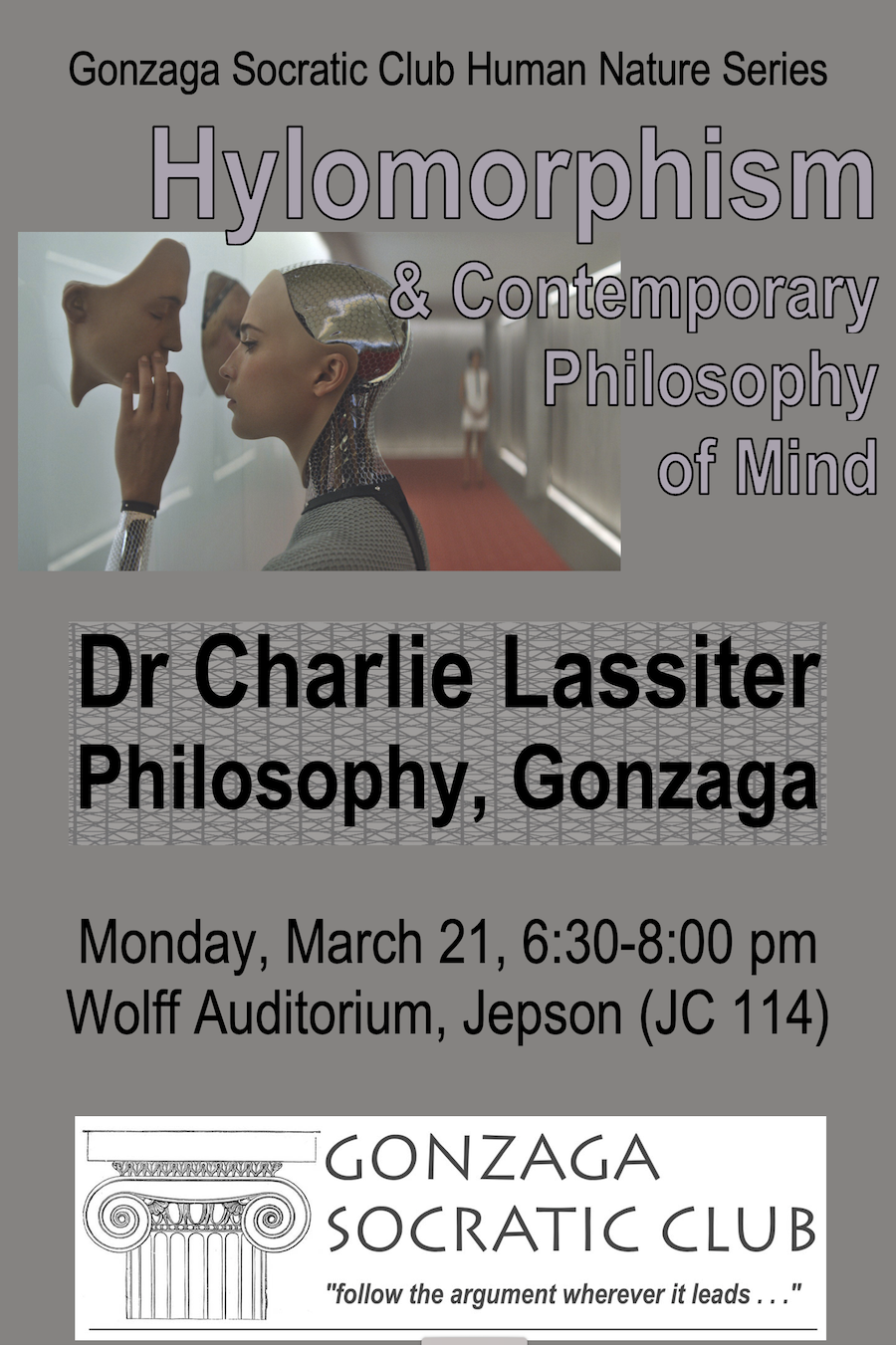
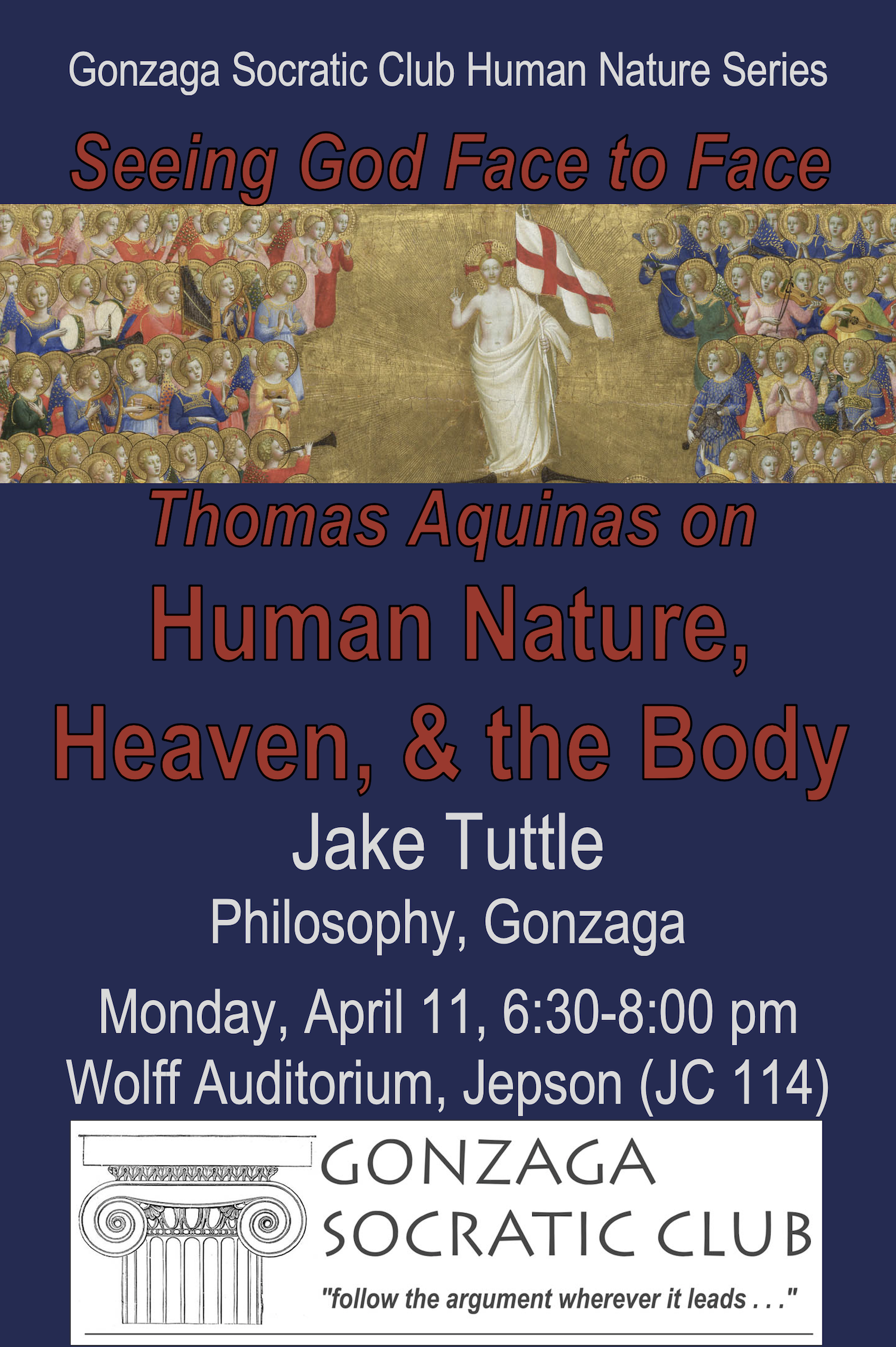
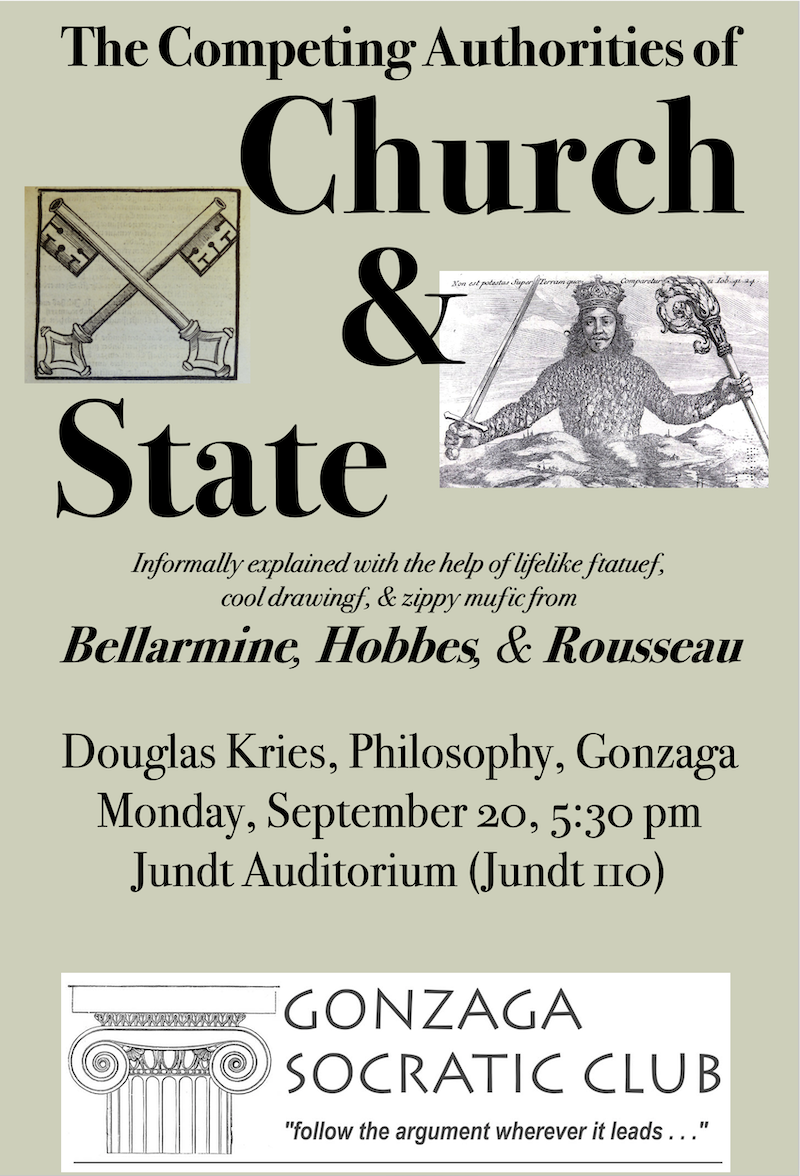
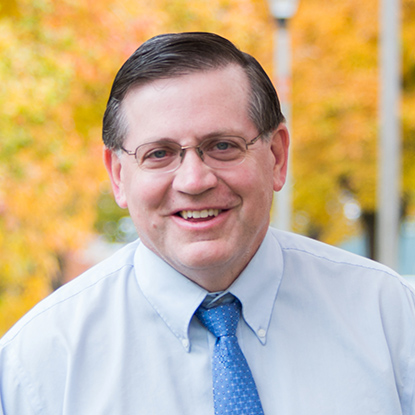 Bellarmine in the longest chapter of
his Leviathan (1651). Jean-Jacques
Rousseau later extended Hobbes’s thoughts on Church and
state in his own writings, such as The Social
Contract (1762). The goal of this talk and
media presentation by Prof. Kries is to explain
succinctly the position developed by Bellarmine as well
as the criticism of it developed by Hobbes and Rousseau.
The latter, in the end, want to eliminate the
distinction by reducing religion and politics to a
fundamental unity.
Bellarmine in the longest chapter of
his Leviathan (1651). Jean-Jacques
Rousseau later extended Hobbes’s thoughts on Church and
state in his own writings, such as The Social
Contract (1762). The goal of this talk and
media presentation by Prof. Kries is to explain
succinctly the position developed by Bellarmine as well
as the criticism of it developed by Hobbes and Rousseau.
The latter, in the end, want to eliminate the
distinction by reducing religion and politics to a
fundamental unity. 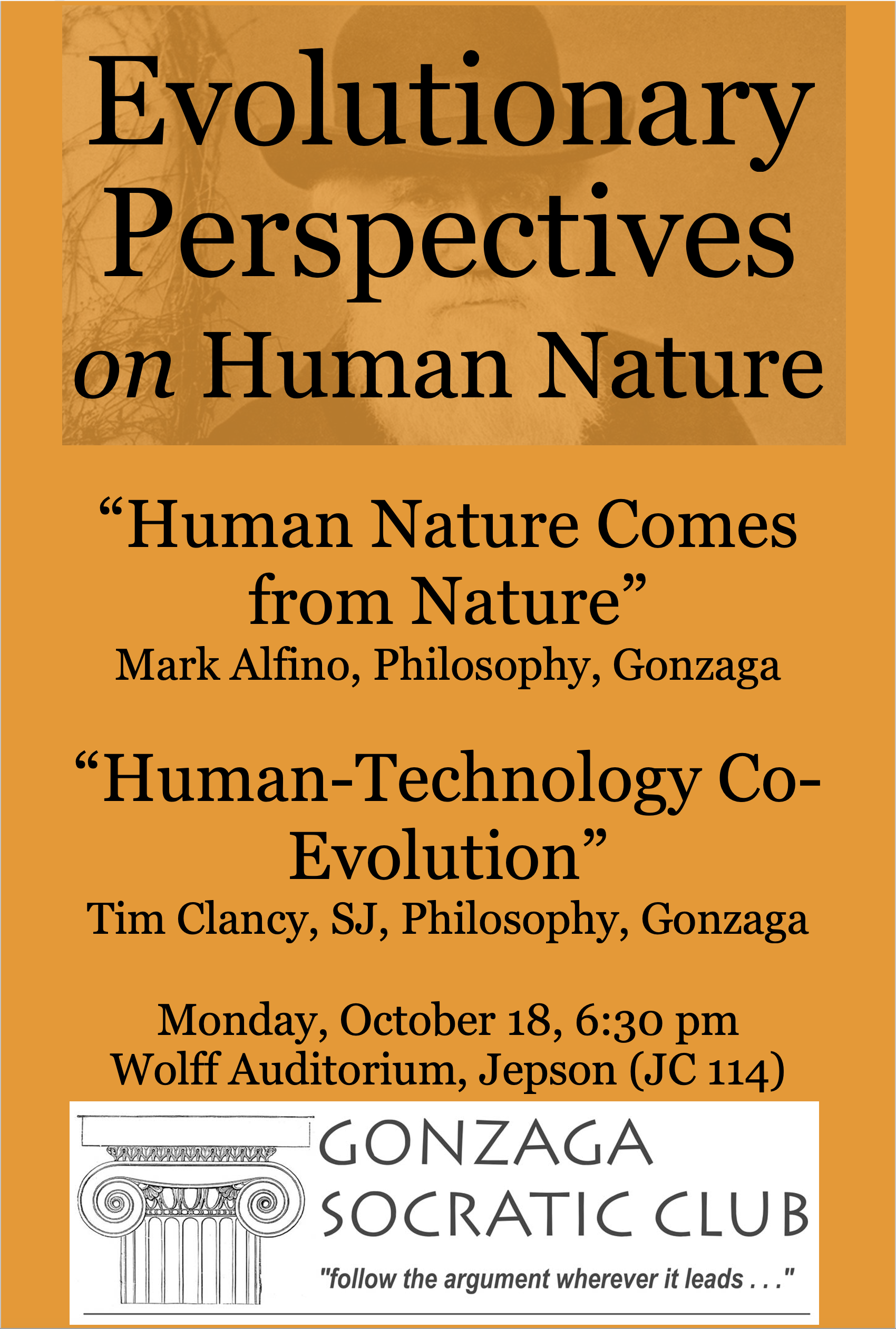
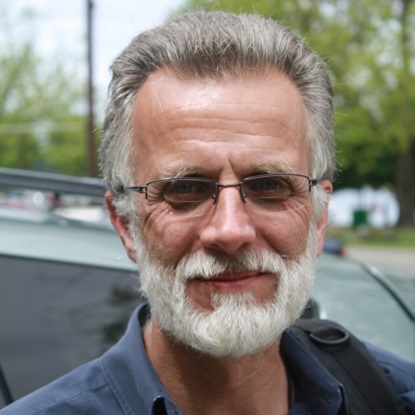 from
and how did we become
human?” Evolutionary theory explains
not only our physical, cognitive, and
emotional evolution and structure, but
also, with cultural evolutionary theory,
how and why we invented religion, law,
morality, and most forms of culture
through which we express human meaning and
purpose. Culture provides both the
platform, through the arts, sciences, and
politics, for humans to re-imagine
themselves, as well as the means, through
institutions and cultural norms, for
creating selection pressures to realize
our continual revisions of human
nature. MLS takes evolutionary theory
beyond genetic mechanisms to show the
open-endedness of human cultural
evolutionary processes.
from
and how did we become
human?” Evolutionary theory explains
not only our physical, cognitive, and
emotional evolution and structure, but
also, with cultural evolutionary theory,
how and why we invented religion, law,
morality, and most forms of culture
through which we express human meaning and
purpose. Culture provides both the
platform, through the arts, sciences, and
politics, for humans to re-imagine
themselves, as well as the means, through
institutions and cultural norms, for
creating selection pressures to realize
our continual revisions of human
nature. MLS takes evolutionary theory
beyond genetic mechanisms to show the
open-endedness of human cultural
evolutionary processes.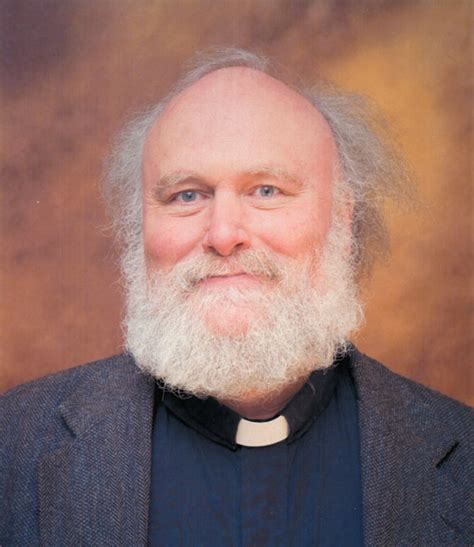 and farmers.
This revolutionized human culture, human identity and
what humans held sacred from the wild to fertility.
With the rise of writing, humanity was transformed
once again, eventually from a communal identity to an
increasingly individual identity. Human reasoning also
shifted from intersubjective dialogue to a radical
objectivity (such as modern science and mathematics)
opposed by a radical subjectivity (such as romanticism
and existentialism). In the last twenty-five years we
have begun moving from industrial literacy and
consumer capitalism to virtual or internet-enabled
technologies. Once again identity is shifting from a
private, ideally autonomous, individual to a new
networked identity over social media. Human agency and
cognition are also being distributed increasingly
across a global network of actors. This history shows
how human nature is interlinked with technologies and
foreshadows the changes taking place even now.
and farmers.
This revolutionized human culture, human identity and
what humans held sacred from the wild to fertility.
With the rise of writing, humanity was transformed
once again, eventually from a communal identity to an
increasingly individual identity. Human reasoning also
shifted from intersubjective dialogue to a radical
objectivity (such as modern science and mathematics)
opposed by a radical subjectivity (such as romanticism
and existentialism). In the last twenty-five years we
have begun moving from industrial literacy and
consumer capitalism to virtual or internet-enabled
technologies. Once again identity is shifting from a
private, ideally autonomous, individual to a new
networked identity over social media. Human agency and
cognition are also being distributed increasingly
across a global network of actors. This history shows
how human nature is interlinked with technologies and
foreshadows the changes taking place even now.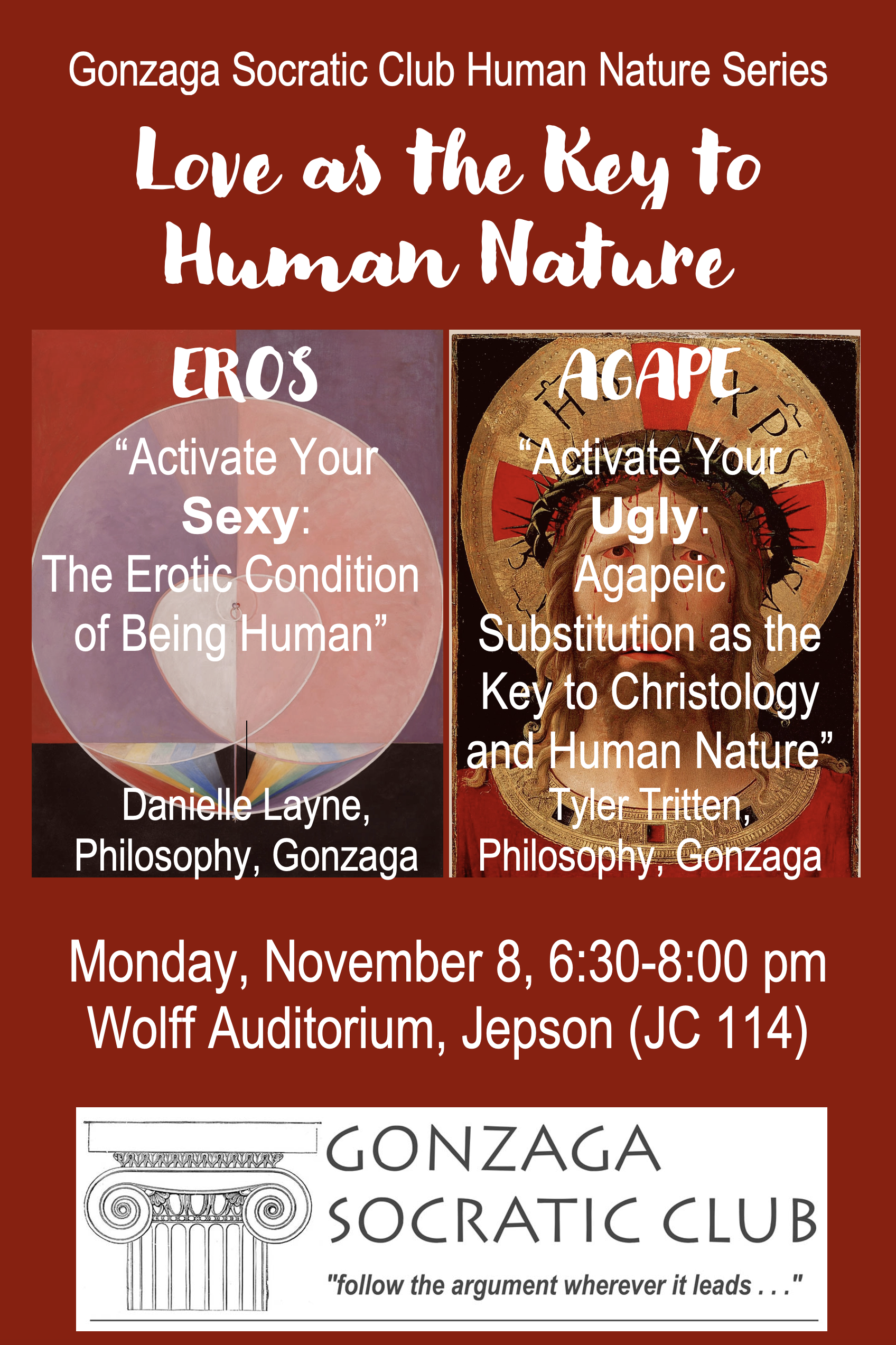
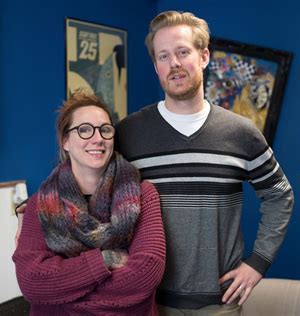
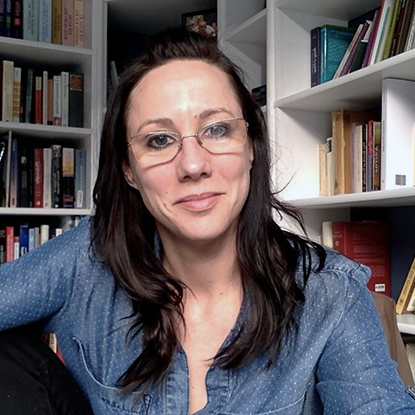 (both Western and non-Western), the
erotic is the principle of connection, of mediating
between ambiguity, a dynamic and creative wellspring
from which we realize the good of what it means to be
and what it means to affirm and even to see the beauty
in that which is often regulated to being ‘the
problem’ of what it means to be. The erotic condition
of what it means to be demands that we acknowledge
human lack, the desperation of desire, and do not
instead attempt to transcend it, at least if by
“transcendence” one means “escapism.” Rather, the
erotic is the power that activates our connection to a
divine resource we all have within, a resource that
allows us to see the Good in our brokenness, the Good
in our ambiguity and plurality, the Good in the human
condition in both its suffering and alienation as well
as its generative, transformative and ecstatic
embodied beauty.
(both Western and non-Western), the
erotic is the principle of connection, of mediating
between ambiguity, a dynamic and creative wellspring
from which we realize the good of what it means to be
and what it means to affirm and even to see the beauty
in that which is often regulated to being ‘the
problem’ of what it means to be. The erotic condition
of what it means to be demands that we acknowledge
human lack, the desperation of desire, and do not
instead attempt to transcend it, at least if by
“transcendence” one means “escapism.” Rather, the
erotic is the power that activates our connection to a
divine resource we all have within, a resource that
allows us to see the Good in our brokenness, the Good
in our ambiguity and plurality, the Good in the human
condition in both its suffering and alienation as well
as its generative, transformative and ecstatic
embodied beauty.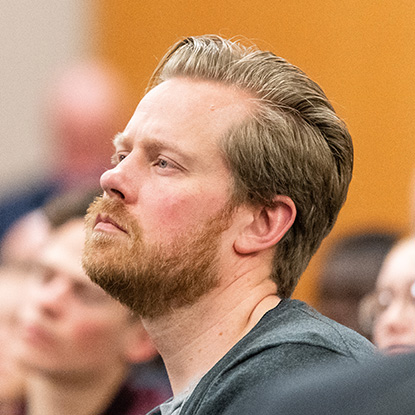 and yielding rights to the other. While
agape serves as a pattern for the nature of God as
revealed in the Incarnation, it also functions as a
pattern for human nature, emphasizing mortification,
yielding, release, and foolishness. Attention to
traditional positions in patristic and early medieval
Christology with classic theories of human nature
provides a basis for the argument that traditional
christologies and theories of human nature are both
homological and analogical, i.e., similar in structure
and in content. (Apparently, then, many of our
contemporary debates are not as far removed from
patristic and medieval philosophy as we sometimes like
to imagine!)
and yielding rights to the other. While
agape serves as a pattern for the nature of God as
revealed in the Incarnation, it also functions as a
pattern for human nature, emphasizing mortification,
yielding, release, and foolishness. Attention to
traditional positions in patristic and early medieval
Christology with classic theories of human nature
provides a basis for the argument that traditional
christologies and theories of human nature are both
homological and analogical, i.e., similar in structure
and in content. (Apparently, then, many of our
contemporary debates are not as far removed from
patristic and medieval philosophy as we sometimes like
to imagine!) 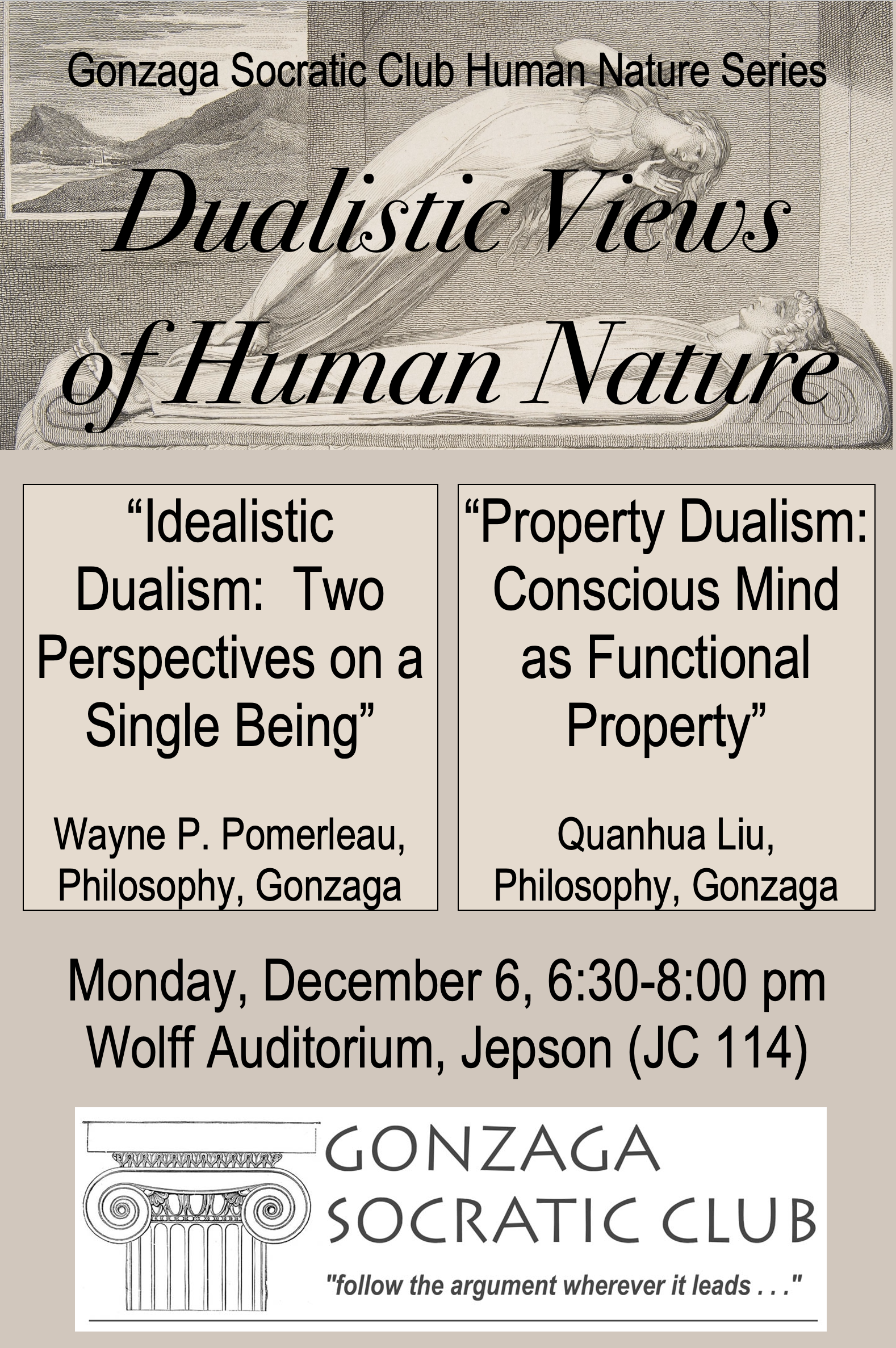
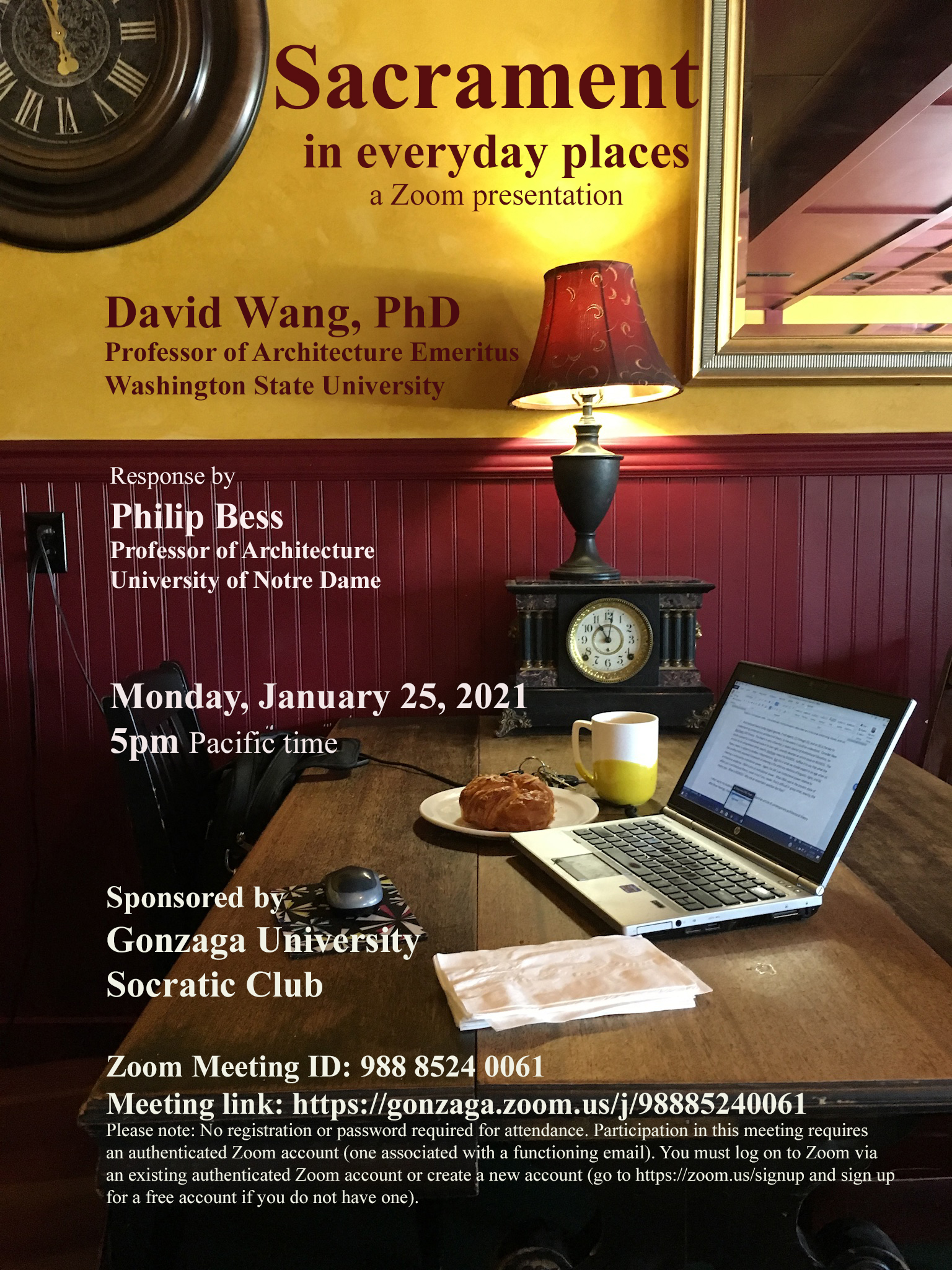
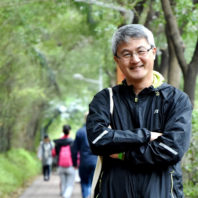
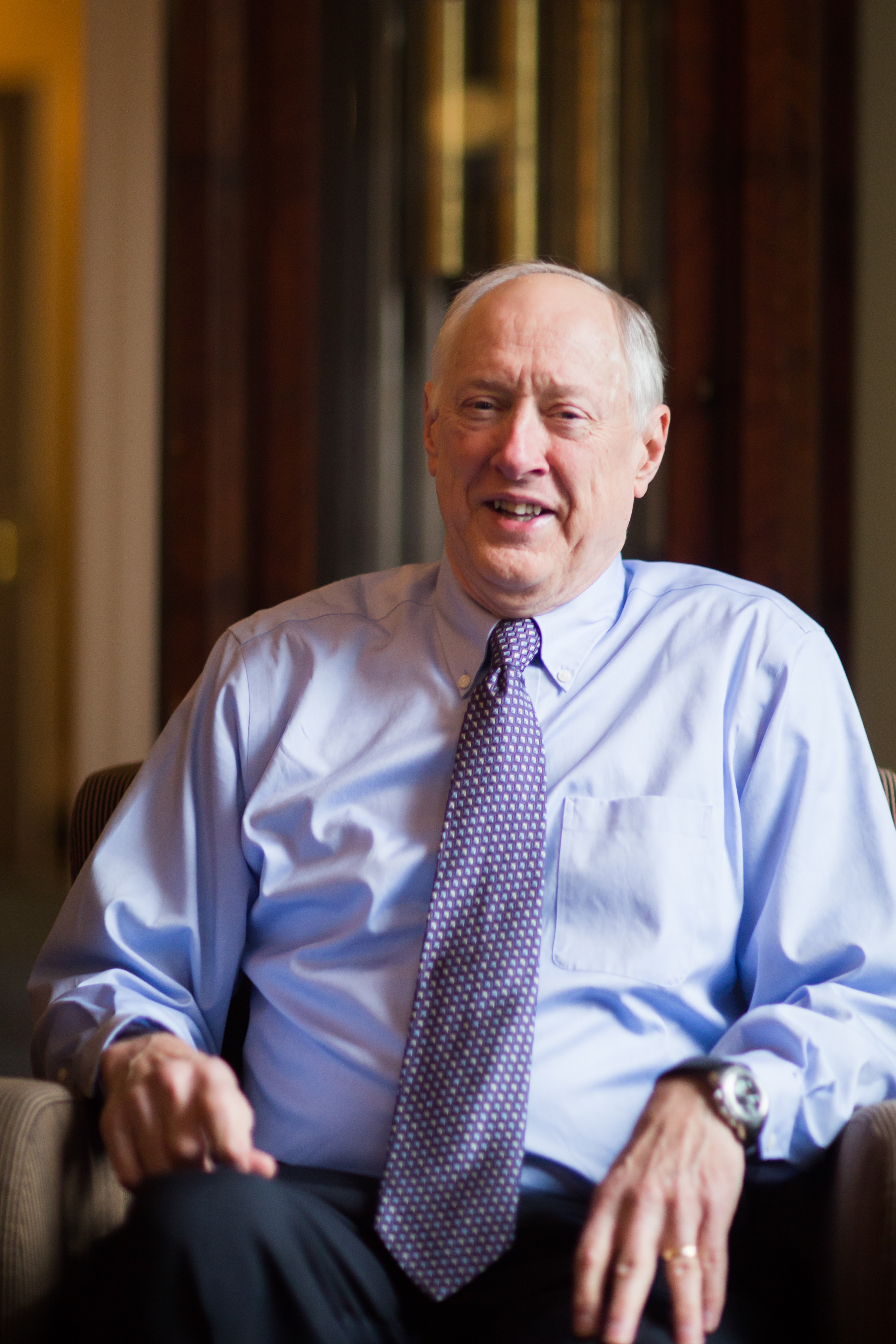
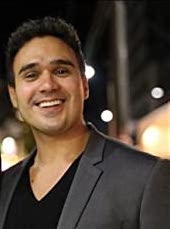
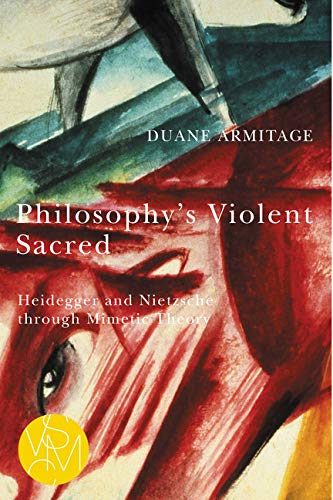 violence and
victimization. For Postmodernism violence is caused by
absolutism, essentialism, and rationality; in short,
according to Postmodernism, absolute truth
marginalizes. Further, the Postmodern critique of
rationality is an offshoot and development of a
critique of rationality central to Continental
Philosophy. Armitage argues that the Continental /
Postmodern diagnosis of violence and victimization is
a failure, and thus that its prescription to address
the problem fails as well. In contrast, Armitage
offers a counter-explanation of violence and
victimization drawn from the Mimetic Theory of Rene
Girard. Girard argues that it is not truth, but
group formation itself that is inherently violent and
that such violence is essentially social and religious
in nature. Armitage will conclude with a brief
discussion of modern political violence in the US as
fitting the schema of mimetic theory.
violence and
victimization. For Postmodernism violence is caused by
absolutism, essentialism, and rationality; in short,
according to Postmodernism, absolute truth
marginalizes. Further, the Postmodern critique of
rationality is an offshoot and development of a
critique of rationality central to Continental
Philosophy. Armitage argues that the Continental /
Postmodern diagnosis of violence and victimization is
a failure, and thus that its prescription to address
the problem fails as well. In contrast, Armitage
offers a counter-explanation of violence and
victimization drawn from the Mimetic Theory of Rene
Girard. Girard argues that it is not truth, but
group formation itself that is inherently violent and
that such violence is essentially social and religious
in nature. Armitage will conclude with a brief
discussion of modern political violence in the US as
fitting the schema of mimetic theory.

